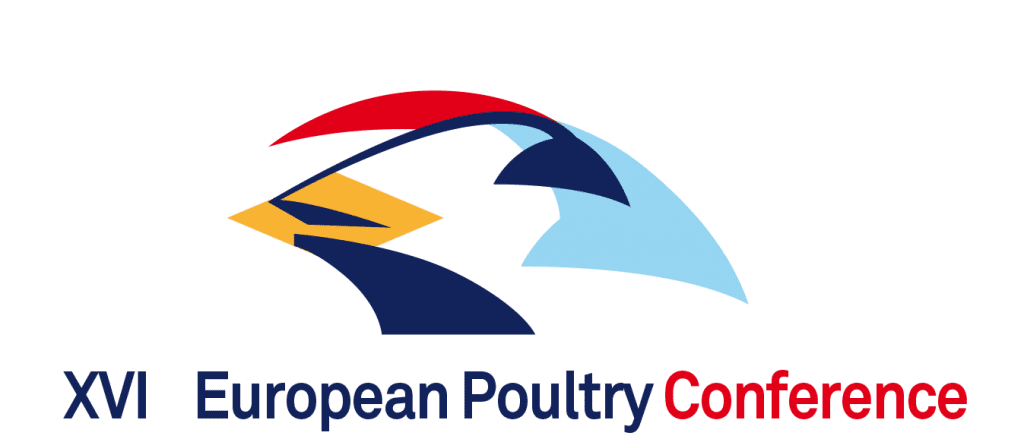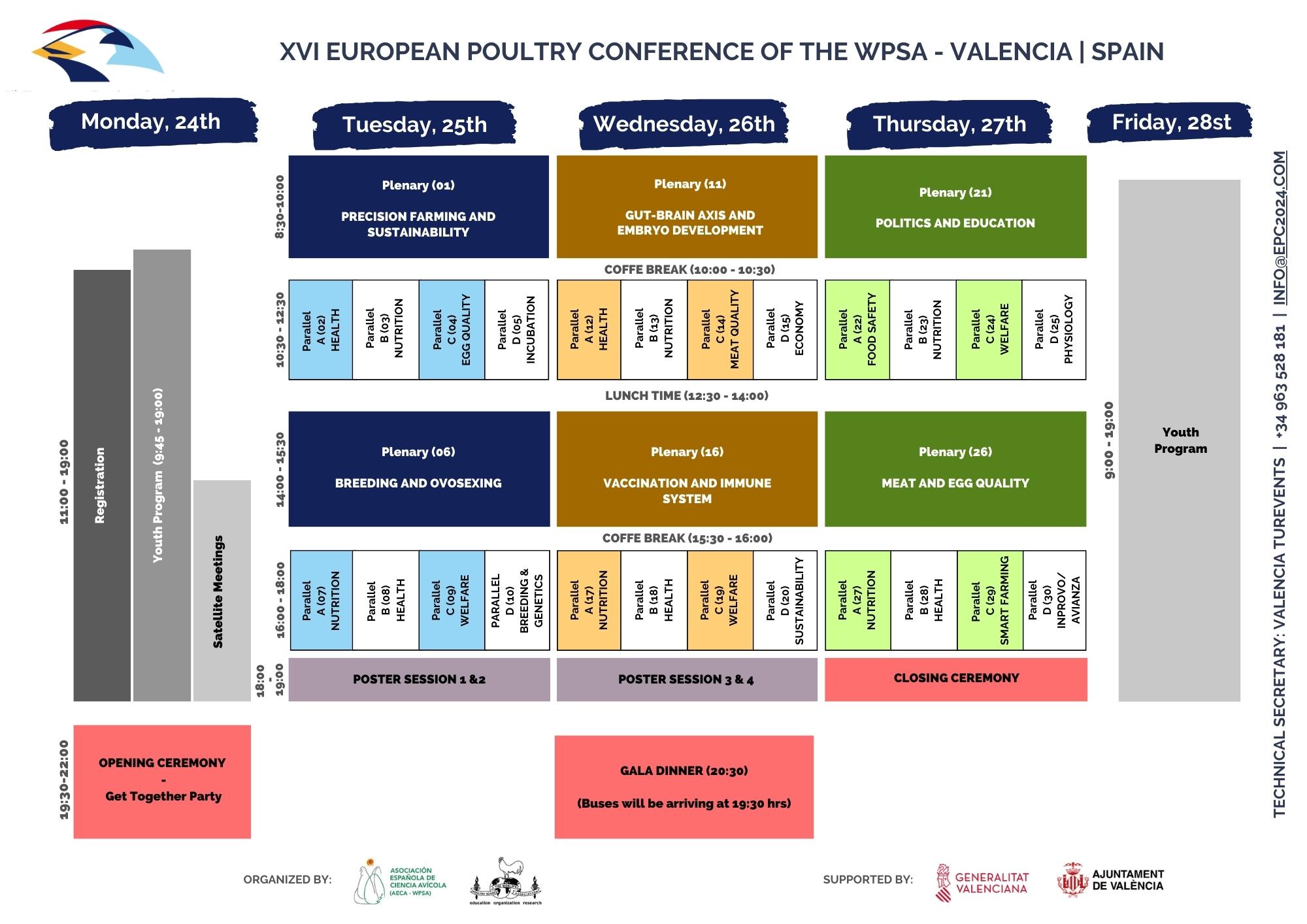Scientific Program
Scientific Program
Scientific Program
(Detailed)
Plenary Sessions Keynotes
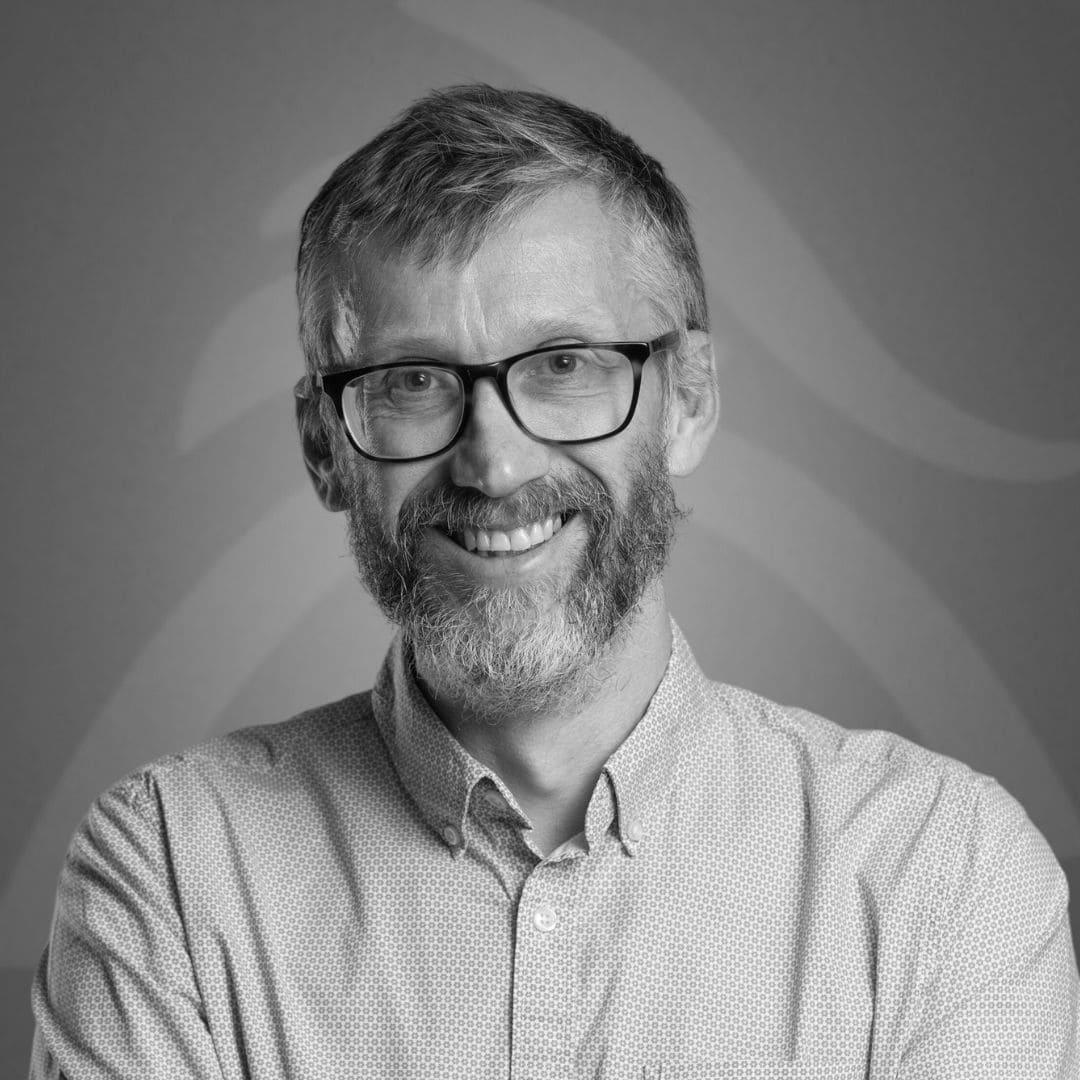
Mr. Tim Burnside
Tim Burnside is the Global Vice President of Welfare, Sustainability & Compliance at Aviagen Group since June 2022. With over 25 years of experience at Aviagen Turkeys prior to his current role, Tim has a comprehensive background in various aspects of the business including Quality Assurance, Health and Safety, Sales and Marketing, and R&D. He holds a Master of Science degree in poultry from the University of Glasgow, UK, and is certified as a welfare auditor by the Professional Animal Auditor Certification Organization (PAACO). Tim is actively engaged in several regional and global welfare and sustainability industry working groups, such as Avec, British Poultry Council, European Forum for Farm Animal Breeders, International Poultry Welfare Alliance, and International Poultry Council.
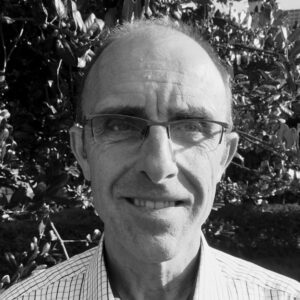
Prof. Stefaan De Smet
DE SMET Stefaan grew up on a livestock farm and graduated in 1986 as an Agricultural Engineer at Ghent University, where he also obtained his PhD in 1993 on the role of rumen protozoa. He later switched to meat quality research and is now a full professor in Animal Science at Ghent University, teaching courses in Animal Production and Meat Science. His research mainly deals with intrinsic quality traits of meat, related to livestock production factors, and with a strong interest in the impact of the consumption of animal-source foods on human nutrition and health. He is vice-president of the Belgian Association of Meat Science and Technology (BAMST). He served as a member of the Working Group at IARC on the evaluation of the carcinogenicity of red and processed meat. He is (co-)author of >250 publications in peer-reviewed journals.
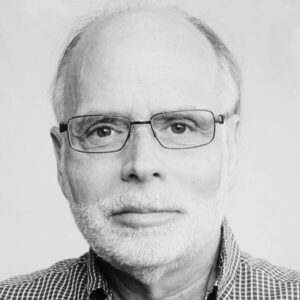
Prof. Mark Lyte
Mark Lyte is a Full Professor and W.E. Lloyd Endowed Chair at Iowa State University’s College of Veterinary Medicine in Ames, Iowa, USA. He obtained his M.S. and Ph.D. degrees in Biophysics and Cellular Immunology. Transitioning from human disease, he joined Iowa State University in 2015. He is also a board-certified clinical laboratory scientist. Prof. Lyte’s research has revealed the ability of microorganisms to produce and recognize neurochemicals that impact host health, behavior, and disease development, founding the field of microbial endocrinology. He has received prestigious awards, including the Zoetis Award for Veterinary Research Excellence and was a finalist for the National Institutes of Health Director’s Pioneer Award.
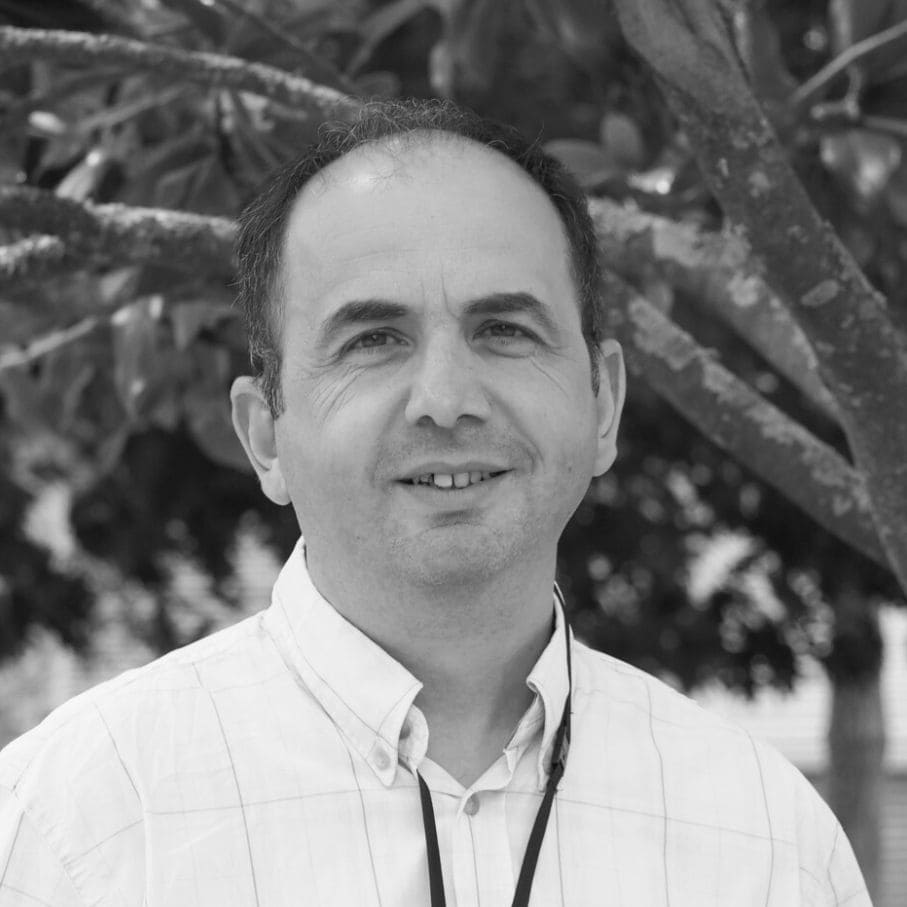
Dr. Jean-Luc Guérin
Jean-Luc Guérin, DVM, PhD, Dipl. ECPVS, is full professor in poultry medicine at the National Veterinary College of Toulouse, France and Director of the “host-pathogens interactions” joint research unit (INRAE-ENVT), covering virology, prions, bacteriology, immunology and epidemiology of infectious diseases in animals, in a One Health perspective. His own research is focused on viruses of poultry, and for some years, pathobiology of highly pathogenic avian influenza. A priority is the development of innovative approaches of viral detection, including from environmental samples and at the wild birds/poultry interface. Since 2016, his research has been very much directed toward the emergence of H5 HPAI and recently, to the scientific support of the National vaccination plan implemented in France. Jean-Luc Guérin authored >90 original international papers, >200 communications and chapters of textbooks in the field of poultry virology and medicine.
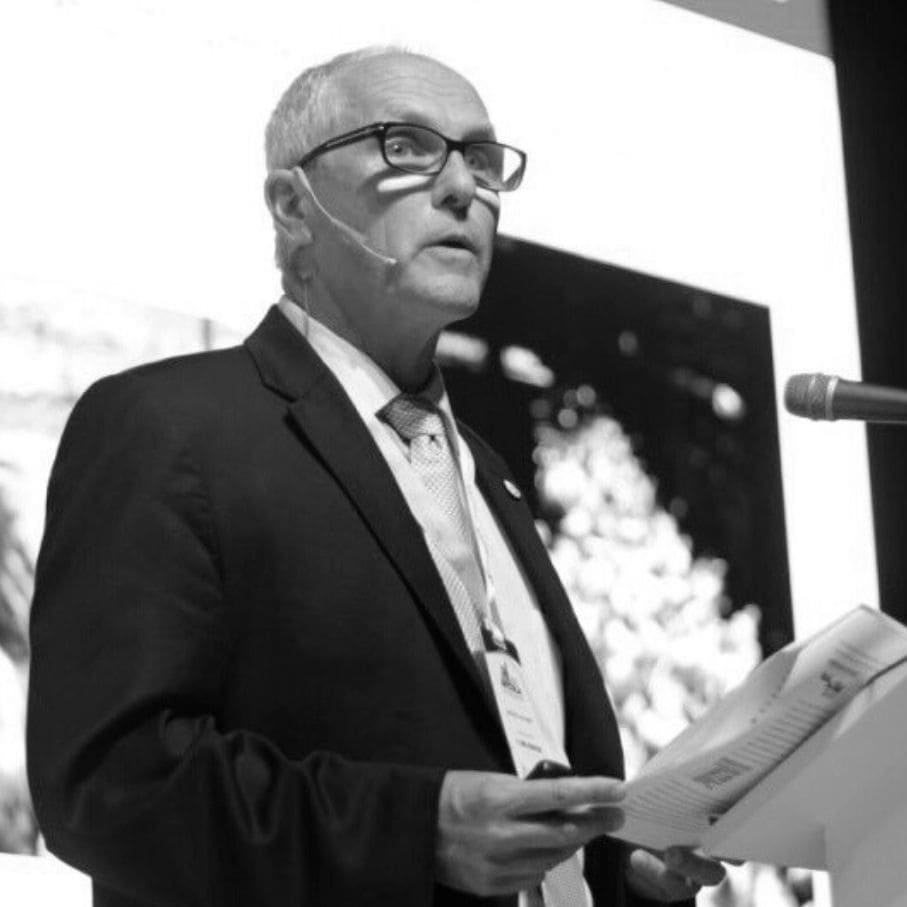
Dr. Vincent Guyonnet
Vincent holds a DVM degree from Lyon, France, earned in 1987, and a Ph.D. in Poultry Science from the University of Georgia, USA, completed in 1991. Since 1994, he has been a diplomate of the American College of Poultry Veterinarians. Vincent’s career spans both the animal health and egg production sectors, including roles at Burnbrae Farms Ltd. He has represented the global Poultry & Egg sector in various intergovernmental organizations, addressing issues such as animal welfare, climate change, and food safety. As Managing Director of FFI Consulting Ltd., Vincent works internationally to enhance the role of animal-sourced foods in nutrition and food security, leveraging digital technologies and AI. His work includes collaborations with diverse clients, from the private sector to NGOs and research institutions. Additionally, Vincent serves as the Global Coordinator for Poultry Health and Production at the World Veterinary Education in Production Animal Health. He has authored numerous peer-reviewed articles and book chapters, and he recently served as an Associate Editor for a book on Egg Science & Technology. Vincent is a frequent speaker at international conferences, industry seminars, and contributes editorials to Poultry journals.
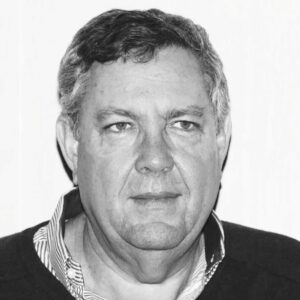
Mr. Rick Kleyn
Graduated from the University of Kwa-Zulu Natal, in 1982 and received a belated PhD in 2023. After spending time in the feed industry, he started his own nutritional consultancy company, SPESFEED Consulting, in 1989. SPESFEED offers nutritional solutions to the poultry industry. He principally works in Africa but has had considerable exposure to European, Middle Eastern and Asian production systems. Rick has written a book with Peter Chrystal entitled “Broiler Nutrition Masterclass”.
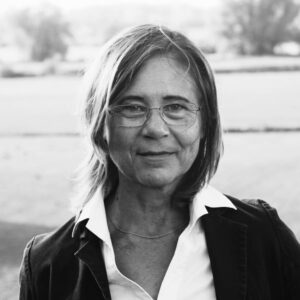
Mrs. Anne-Marie Neeteson
Anne-Marie is the Group Senior Advisor for Welfare, Sustainability, and Compliance at Aviagen Group, specializing in meat chicken and turkey breeding. With a Masters’ degree from Wageningen University, she focuses on animal genetics and behavior. Prior to Aviagen, she established the European Forum of Farm Animal Breeders, a patent watch, and a Code of Good Practice for Animal Breeding Organisations (Code-EFABAR). She also initiated the Animal Task Force and the EU-recognized technology platform on animal breeding (FABRE TP). Anne-Marie led the International Poultry Council’s development of the top 5 UN Sustainable Development Goals at the FAO-IPC Declaration of Sāo Paulo in 2019 and currently chairs the IPC Health and Welfare working group. Additionally, she has managed various socio-economic EU projects and serves on the board of the International Poultry Welfare Alliance, the Poultry & Egg Sustainability and Welfare Foundation Board of Trustees, and is a PAACO welfare auditor.

Mr. Nan Dirk Mulder
Nan-Dirk Mulder, a seasoned professional with over two decades of experience, serves as a senior global specialist in animal protein at Rabobank’s headquarters in the Netherlands. His expertise spans the entire value chain of the industry, encompassing farming, processing, and related inputs such as animal nutrition, health, genetics, and equipment.Before his tenure at RaboResearch Food & Agribusiness, Nan-Dirk held positions at the Product Boards for Livestock, Meat, and Eggs (PVE), Wageningen Economic Research, and contributed to Dutch commissions at the European Commission.Within Rabobank, Nan-Dirk provides strategic counsel on global commitments in the animal protein sectors, contributing to various advisory and research initiatives. He has participated in projects across all continents and is a sought-after speaker at international conferences and seminars.Nan-Dirk graduated from Wageningen Agricultural University in 1996, specializing in agricultural economics, marketing, and market research.
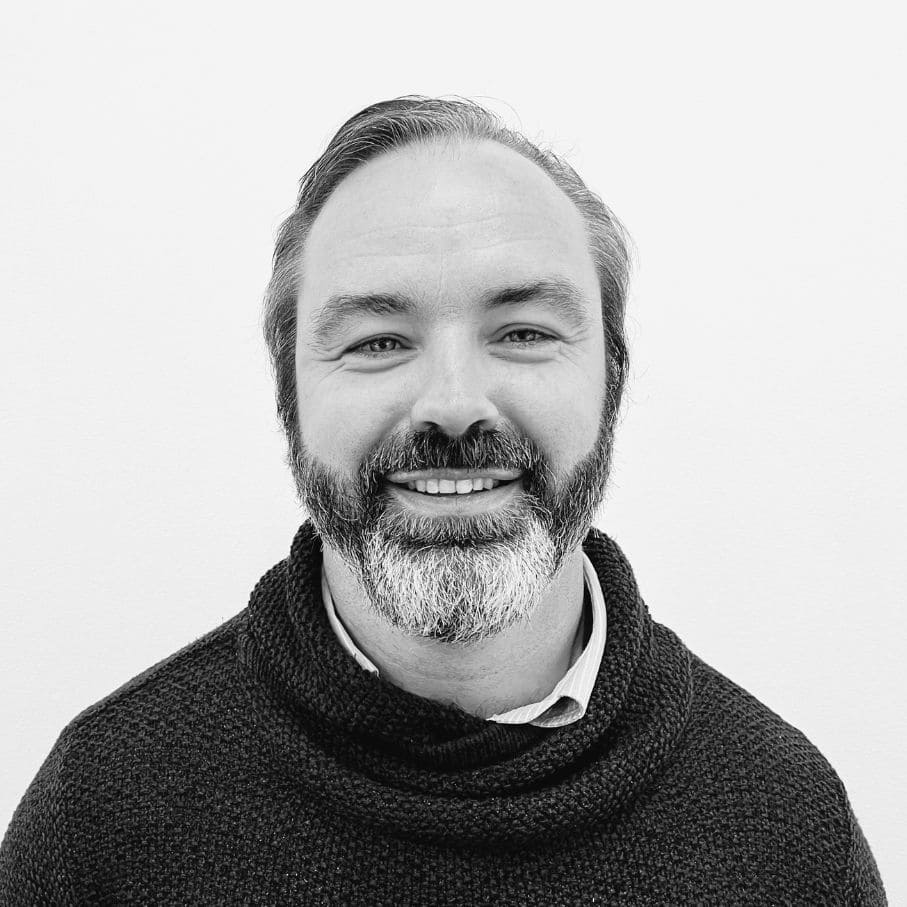
Dr. Tomas Norton
Prof. Dr. Tomás Norton is an associate professor of Sustainable Precision Livestock Farming (PLF) at KU Leuven in Belgium. He leads the PLF research team at M3-BIORES and coordinates courses on Measuring, Modelling, and Managing Bio-responses and Sustainable PLF. He is involved in collaborative research projects funded by various organizations and holds fellowships with important institutions like IAgrE, iAABE, and FRSB. He chairs CIGR Section II and the CIGR Technical Board. With over 100 SCI publications, he serves as Editor-in-Chief at Elsevier journal Computers and Electronics in Agriculture and as Specialty Editor at Frontiers of Animal Science. He is also a series editor for Springer Nature Book Series: Smart Animal Production.
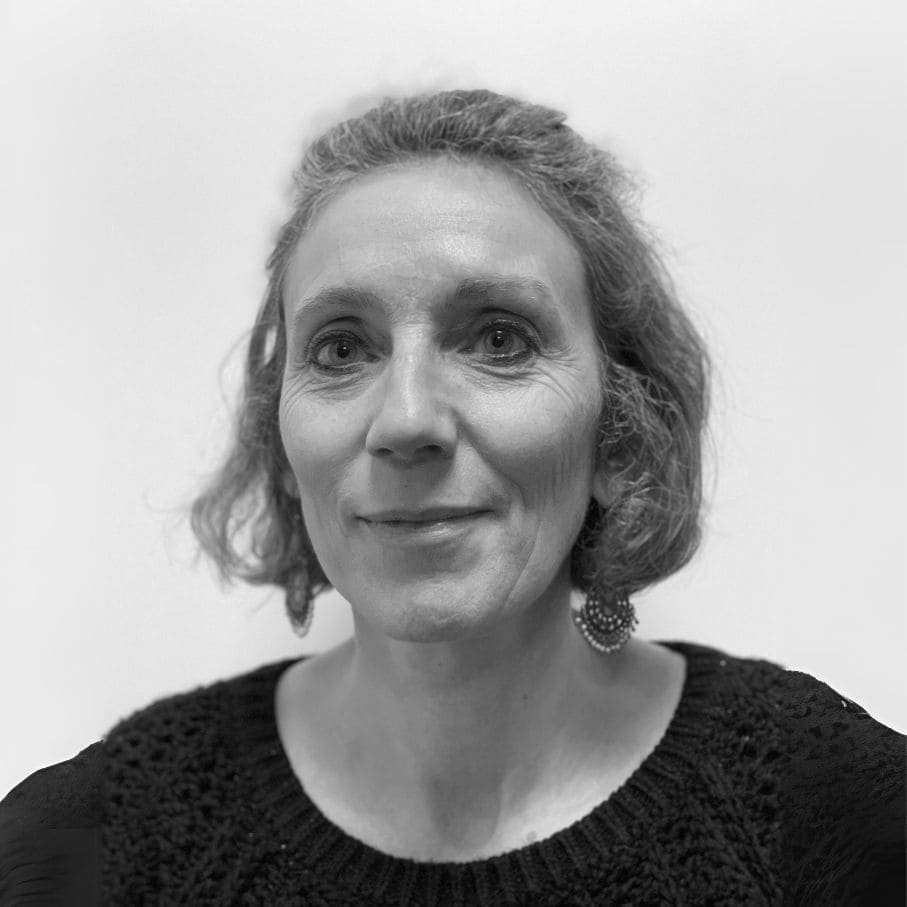
Mrs. Sophie Réhault-Godbert
Sophie Réhault-Godbert earned her PhD in protein biochemistry from the University of Tours, France, in 2001, focusing on proteases and antiproteases in prostate cancer. She then conducted post-doctoral research at Chapel Hill, North Carolina, USA, under Frank C. Church, investigating serpins in ovarian and breast cancers. Returning to France in 2004, she joined the Institut National de Recherche pour l’Agriculture, l’Alimentation et l’Environnement (INRAE), studying egg defenses, particularly antimicrobial proteins, and identifying biomarkers for egg quality. Over the last decade, she has expanded her research to include the physiology of fertilized eggs and embryos, utilizing various approaches like transcriptomics and electron microscopy. Her focus includes discerning sex biomarkers in eggs and embryos, examining differences between male and female embryos across multiple structures and compartments.
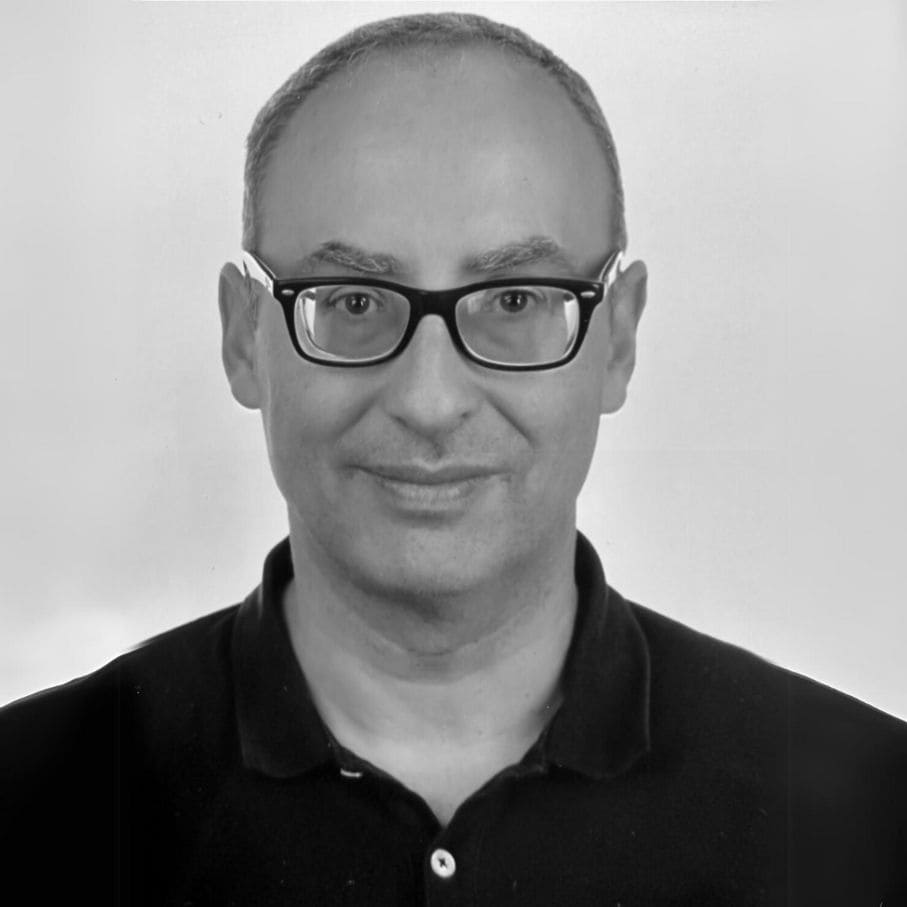
Dr. Alejandro Rodriguez-Navarro
Dr. Rodriguez Navarro has a PhD in Physics (1997) and is working as a full professor of Crystallography and Mineralogy at the Universidad de Granada (Spain) since 2003. Previously, he has worked as a researcher at Penn State University (from 1998 to 2000) and The University of Georgia (from 2000 to 2002). He has a PhD in Physics from the University of Granada (1997). His research is focused on biomineralization or how organisms control mineralization processes to form calcified tissues (bones, mollusc shells and egg shells). In particular, he studies how different genetic, nutritional and environmental factors (i.e., pH, temperature, salinity, oxygenation, food supply, parasitism) affect tissue mineralization mainly in birds and molluscs. He has development novel methods to study the bone quality and eggshell quality in laying hens and to study the food safety and the resistance to microbial contamination of eggs. In these topics he has coauthor over 150 publications in indexed scientific journals. He actively collaborates with researchers from academia: INRA (France), Roslin Institut (UK), Swedish Agricultural University (Sweden) and animal nutrition companies.
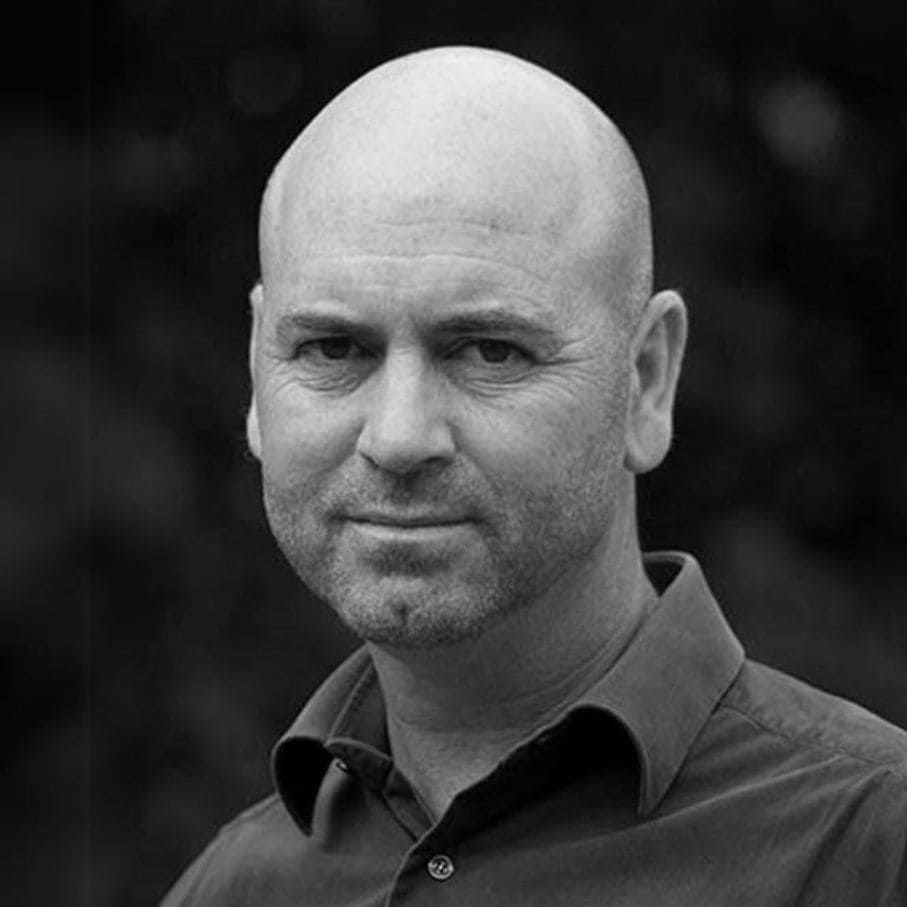
Prof. Eugeni Roura
Professor Eugeni Roura is a nutritionist with research interests in digestive physiology, chemosensory science (including taste and smell) and transgenerational nutrition relevant to monogastric animal species particularly chickens and pigs, and humans. He developed a 16-year professional career in industry before joining the University of Queensland (2010) where he leads a team active in the interface between basic and translational research aiming at industrial and societal applications. Since 2010 he has graduated 20 PhD students in Australia and published more than 100 peer-reviewed publications. Eugeni is the president of the WPSA (Australia branch), member of the National Committee for Nutrition of the Australian Academy of Sciences, and of the R&D and Educational Committees of the Australian Pig Research Institute Ltd. In addition, he is the Director of the AgriFutures Chicken-Meat Consortium for Nutrition, Gut Health and Environment, a multi-institutional cross-disciplinary project involving 5 Australia-New Zealand and 8 international research institutions.
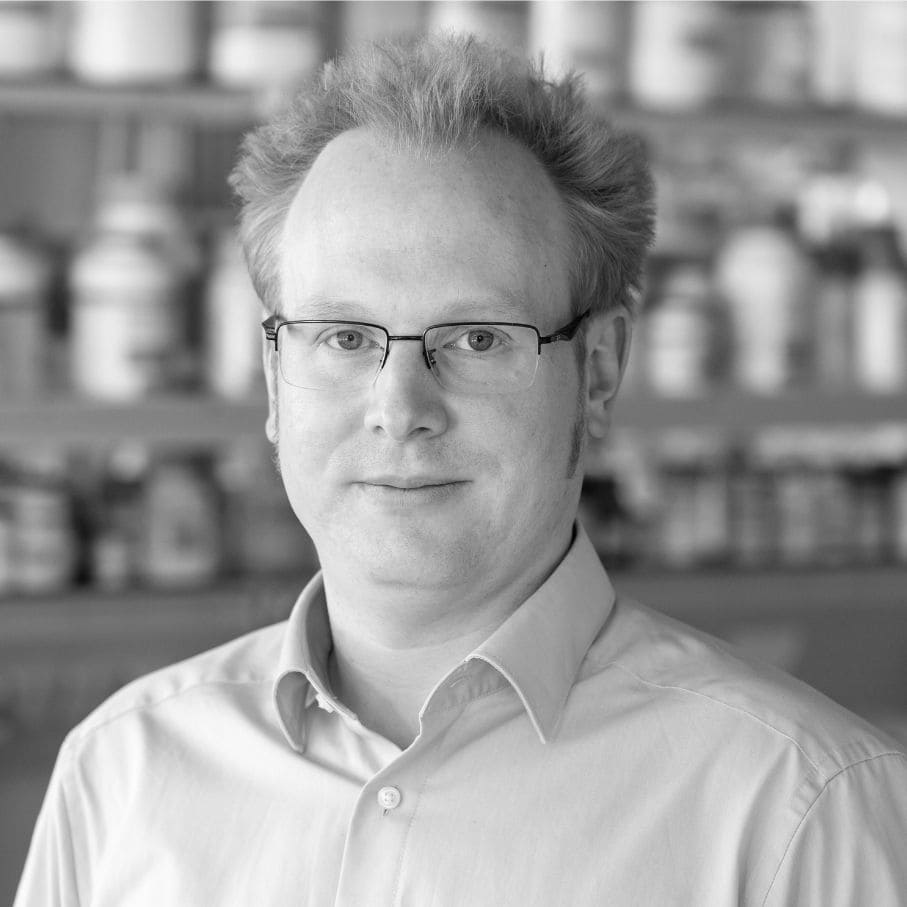
Mr. Benjamin Schusser
Benjamin Schusser, a veterinary medicine graduate from LMU Munich, earned his doctorate on Mx protein’s role in chicken influenza defense. His research centers on genetically modifying chickens to study their immune system. With experience at UC Davis and Crystal Bioscience, USA, he established a research group at LMU Munich, funded by DFG’s Emmy Noether Program. In 2016, he became a Professor of Reproductive Biotechnology at TUM. Schusser is an expert in chicken immunology and genetic engineering, specializing in using genetically modified chickens as experimental models. He’s certified as a specialist veterinarian in laboratory animal science since 2016 and in molecular genetics and genetic engineering since 2020.

Mr. Teun van der Braak
Teun van de Braak, born in 1987, joined Hendrix Genetics Layers after graduating from Wageningen University in 2010. With a Master’s in Poultry Breeding and Genetics and a minor in Business Management and Marketing, he began as a geneticist.
Currently, as Manager of Global Technical Services and Customer Support, Teun oversees various departments including Global Technical Service, Product Management, Data-Strategy, and Communication. He aims to support customers both technically and promotionally, using field feedback to guide the breeding program and align product development with global egg market expectations.
Teun’s interests include poultry husbandry, genetic research, poultry welfare, and sustainability. He actively participates in scientific research initiatives representing the poultry genetics sector and advocates for collaboration between scientific institutes and industry partners to enhance the sustainability of the global egg sector.
Parallel Sessions Keynotes
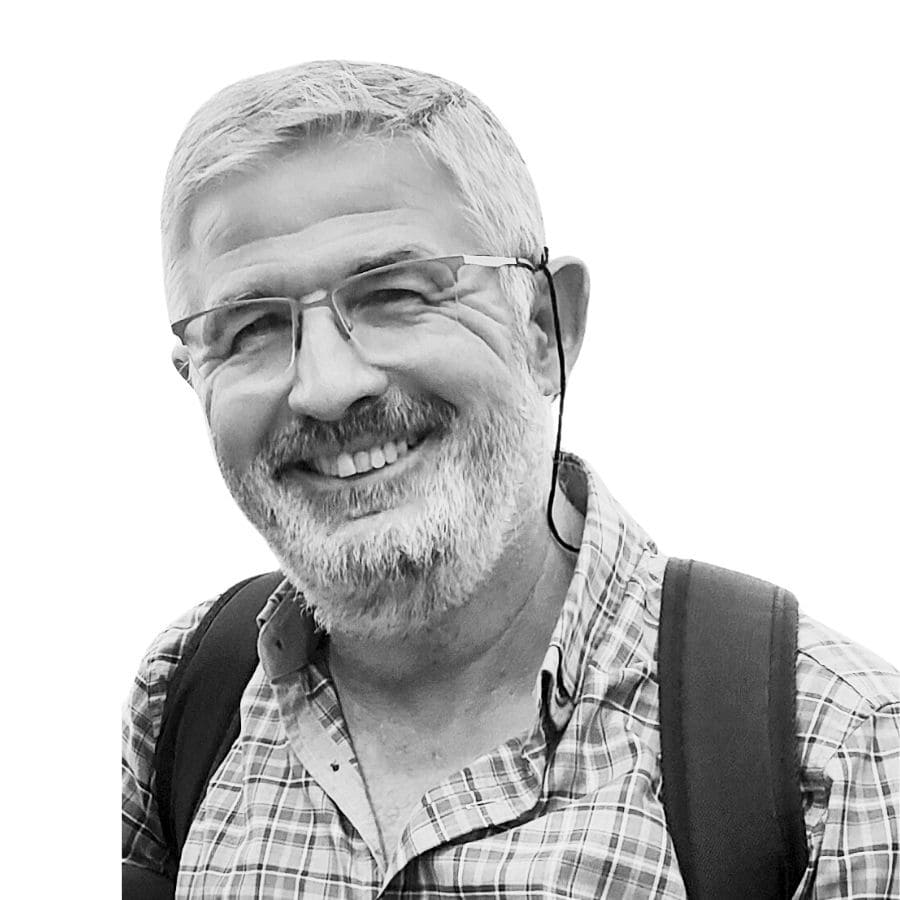
Dr. J. I. Barragán
J. I. Barragán has been involved in poultry production since 1982, focusing primarily on nutrition and management for broilers, breeders, and layers. Since 2002, he has worked as a freelance consultant for companies in Spain, Portugal, Turkey, and South America, providing technical support in pathology, nutrition, and management. He assists clients in optimizing production costs and evaluating performance. Additionally, he has a keen interest in carcass quality and maintain relationships with slaughterhouses in Spain, Portugal, and America.
His expertise lies in broiler production, particularly in nutrition and intestinal health, and I collaborate closely with additives companies worldwide. At Galimetría SL, he contributes to comparing and evaluating technical performances and cost values for various integrations in Spain, involving approximately 60% of total production.
Furthermore, he holds the position of Associate Professor in Poultry Production at a private university in Valencia, Spain, where he is actively involved in research programs. Some of his papers and presentations can be found online.
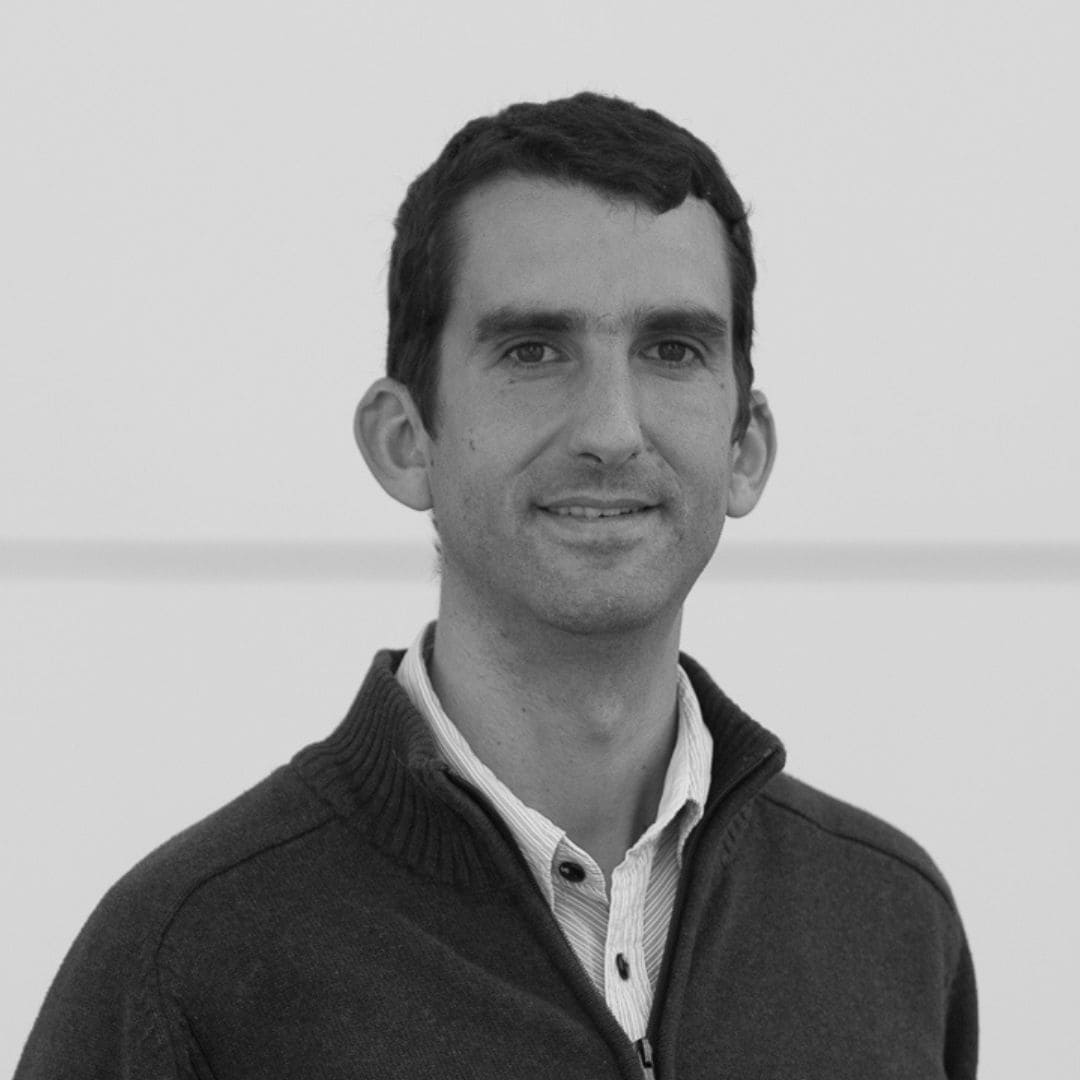
Dr. Salva Calvet
Salvador Calvet is Associate Professor and is currently the Head of the Institute of Animal Science and Technology. The core of his research is the reduction of environmental pollution from animal production, particularly air emissions. He has been the principal investigator of 4 projects of the national research plan and has participated in another 5. Additionally, he has directed various research contracts with companies and participates in the EU Project Re-Livestock. He has published more than 50 articles in international impact journals and regularly participates in national and international conferences in his area of study. He has supervised 7 doctoral theses and is a regular reviewer of articles for journals in his field of study. He is an active member of scientific societies: between 2017 and 2022 he was coordinator of the REMEDIA Network (Scientific network for climate change mitigation in the agroforestry sector). He has collaborations with researchers from the main national and international centers on livestock and the environment.
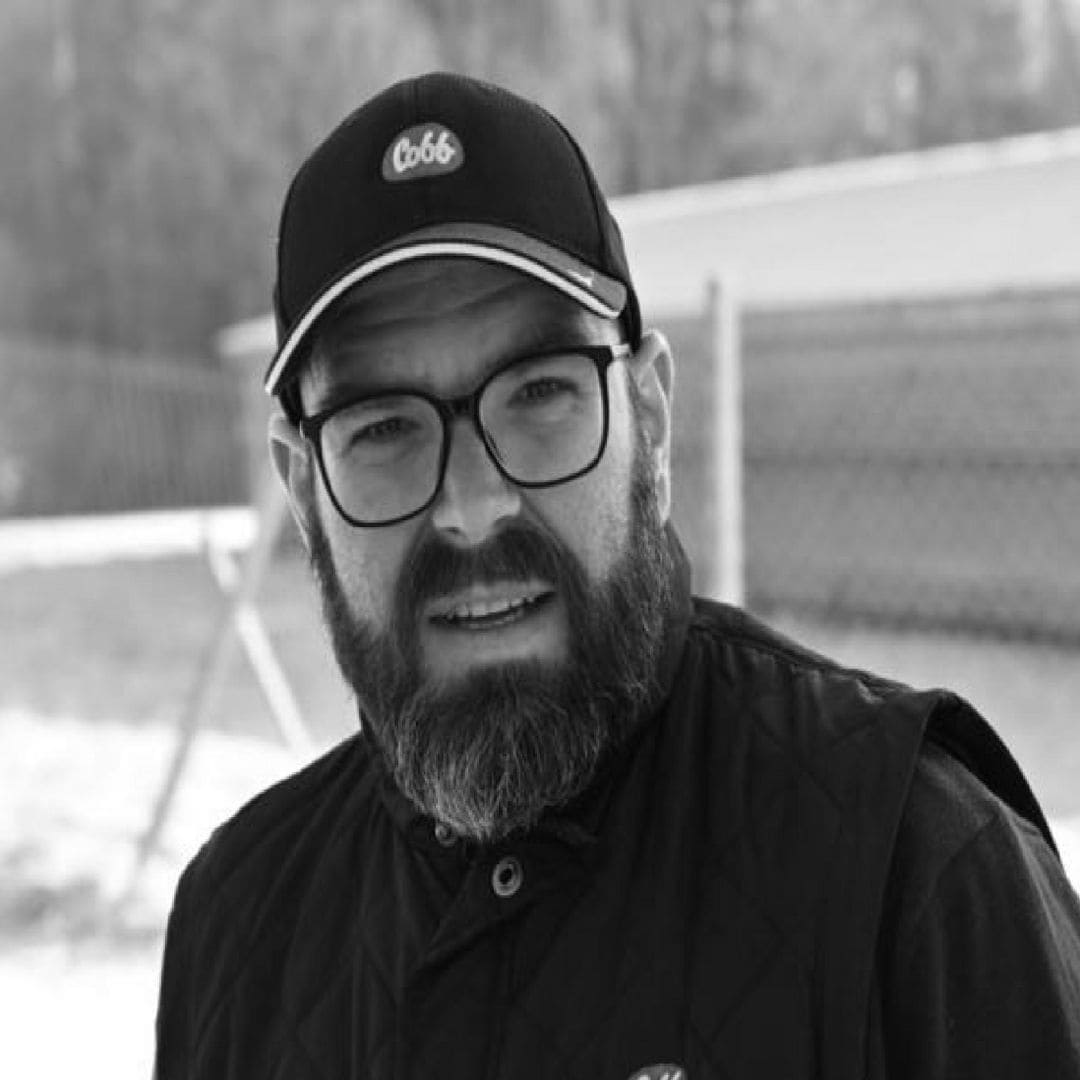
Mr. Andrew Catlett
Andrew Catlett attended the University of KwaZulu Natal in South Africa completing a Bachelor of Science in Agriculture specialising in Animal and Poultry Science in 2007. After graduating Andrew relocated to the UK where he worked in research for 5 years before joining a large UK based broiler integration as Nutritionist. While working in the UK, Andrew completed his MSc in Applied Poultry Science from the University of Glasgow. He relocated back to South Africa in 2016 with his family and has since worked extensively within the Sub-Saharan Africa market as a Technical Manager. Andrew now works for Cobb Europe and manages the nutrition requirements for internal production as well as contributing to the R&D department with Cobb Vantress. Andrew also consults widely within the Europe, Middle East and Africa region with customers.
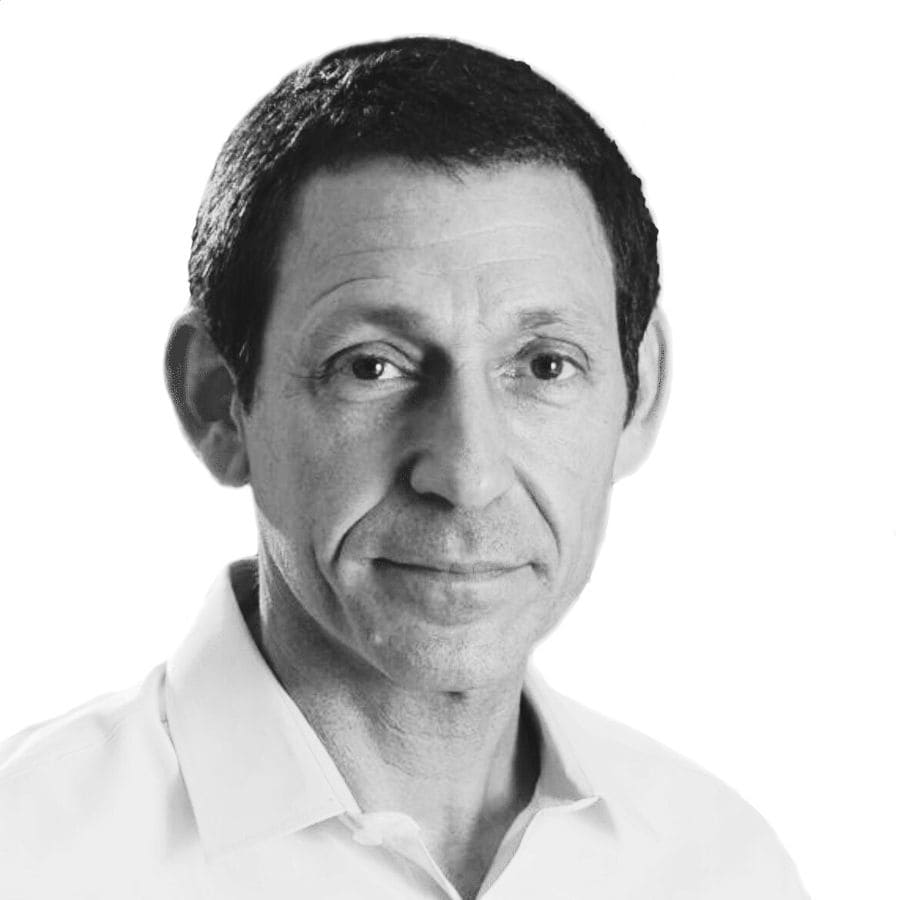
Dr. Yuval Cinnamon
Dr. Yuval Cinnamon, an embryologist trained at the Hebrew University of Jerusalem, completed post-doctoral fellowships in London focusing on congenital heart defects. He managed a genetic research lab at the Hadassah Medical Center before becoming a Principal Investigator at the Agricultural Research Organization – the Volcani Institute. His research focuses on embryology, particularly utilizing chickens as a model organism, to address societal needs such as food security and animal welfare. Dr. Cinnamon also founded Poultry by Huminn, where he serves as Chief Scientific Officer, aiming to improve poultry production sustainability and animal welfare through commercial products developed from his research.
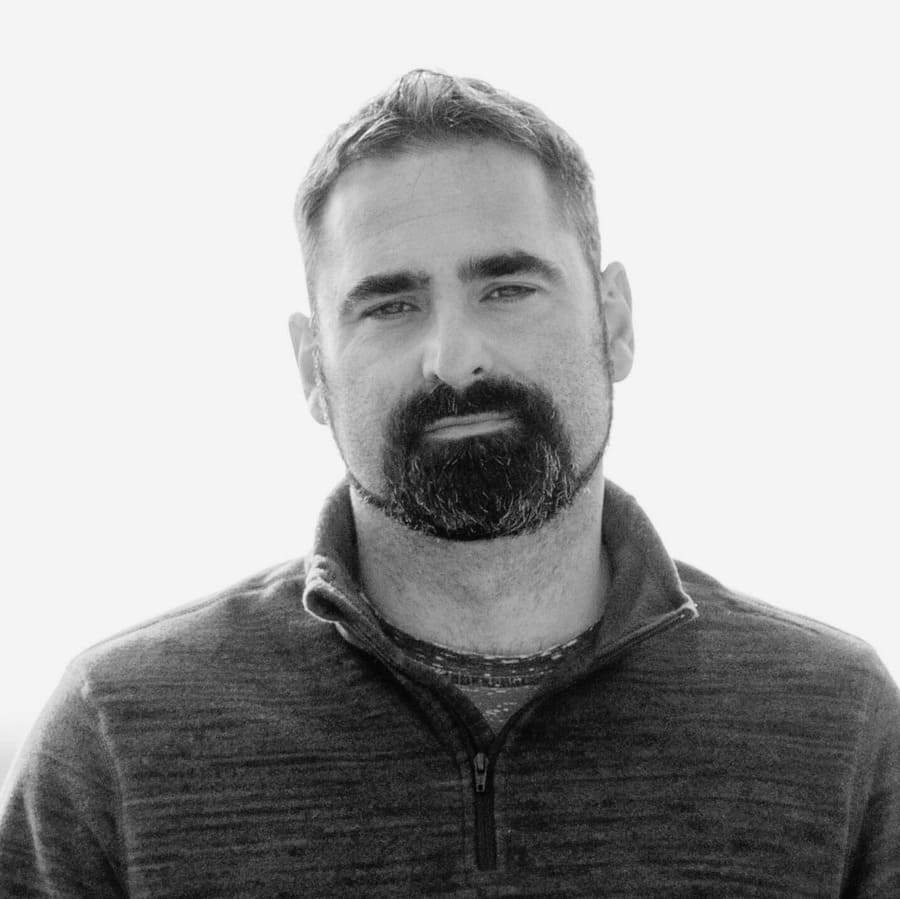
Dr. Antoni Dalmau
Animal Welfare Research Scientist at IRTA since 2005, he earned his BVSc degree in Veterinary Medicine from the Autonomous University of Barcelona (UAB) in 2000, followed by a Master’s degree in Animal Production and a PhD in Veterinary Sciences from UAB in 2003 and 2005, respectively. He also holds a Master’s degree in Management of Meat Industries since 2006 and became a Diplomate of the European College of Animal Welfare and Behaviour Medicine in 2016, specializing in Animal Welfare Science, ethics, and law. His expertise lies in animal welfare during transport and slaughter, farm and abattoir assessment, and behavior of farm animals and wild ruminants. His research focuses on various aspects of animal welfare, including stunning methods, religious slaughter, transportation, and the development of welfare protocols for multiple species. With numerous publications and presentations, he has also conducted extensive training for professionals in the field, including veterinarians, farmers, transporters, and slaughterhouse personnel. He has actively participated in EU animal welfare training programs, including the Better Training for Safer Food initiative, as a tutor.
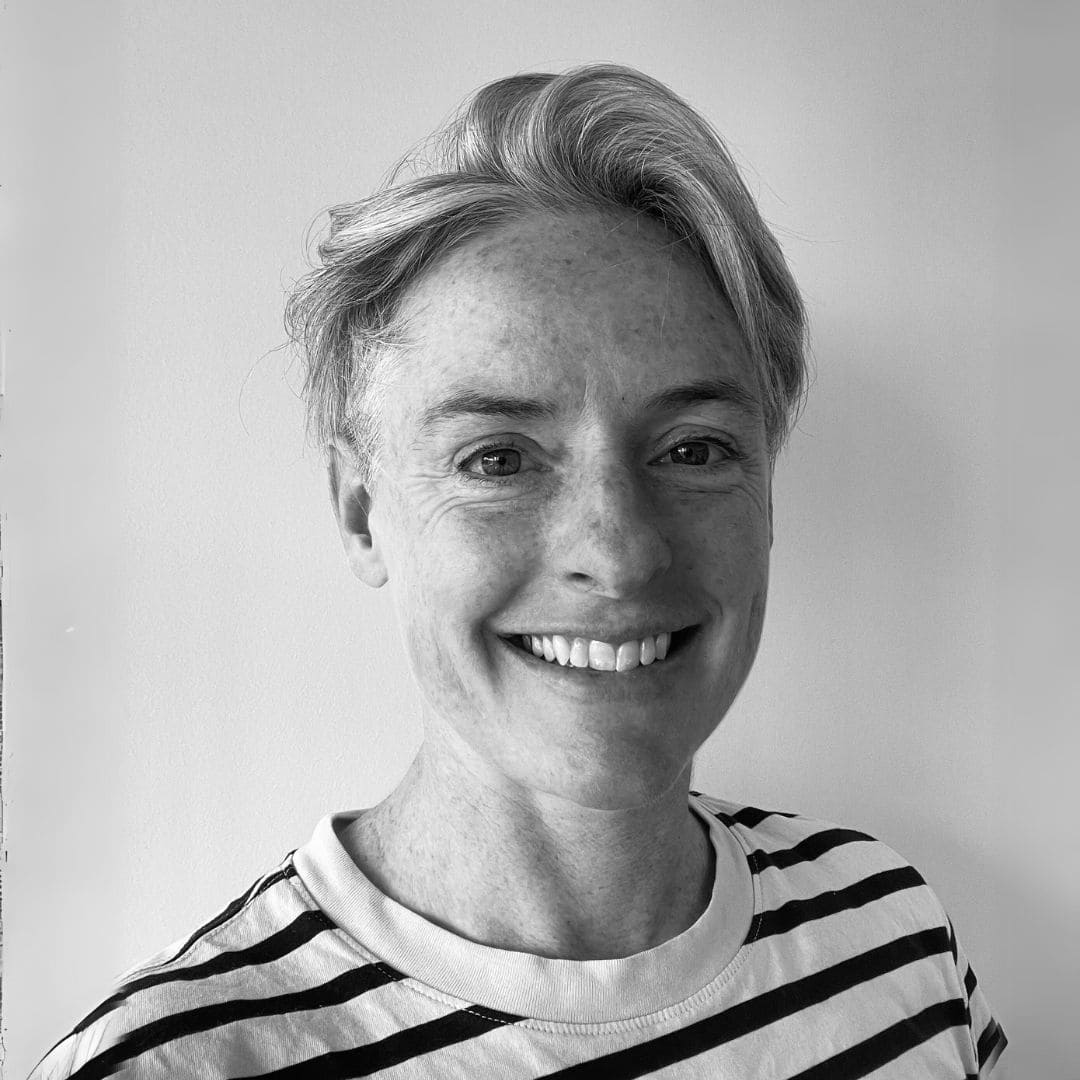
Dr. Megan Davey
Dr. Megan Davey is a developmental biologist at The Roslin institute, University of Edinburgh, using the avian embryo as a platform to explore embryonic patterning, the constraints of evolution on development and to pioneer the field of embryonic tempo. She specialises in employing innovative transgenic and bio-imaging approaches with the aim of improving human and animal health and answering the global challenge of climate change.
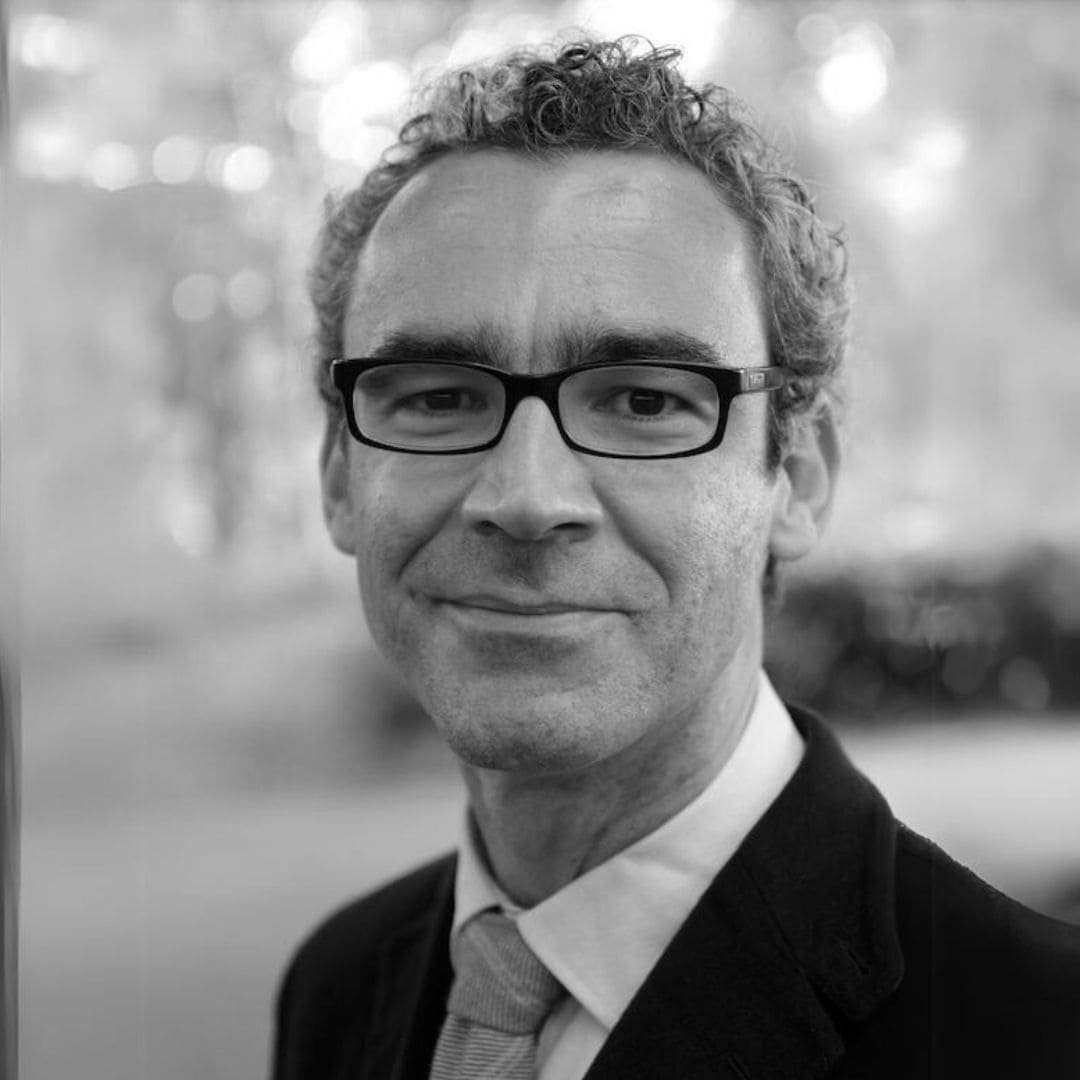
Dr. Bruno González Zorn
Prof. Bruno Gonzalez-Zorn, a veterinarian and microbiologist, is the Head of the Antimicrobial Resistance Unit (ARU) at Complutense University in Madrid, which he founded in 2005. His research emphasizes One Health, investigating antimicrobial resistance gene and bacteria flow among humans, animals, and the environment. With a DVM earned in 1996 and a European PhD in 2001, he received a Ramon y Cajal tenure-track contract after a postdoc at the Pasteur Institute in Paris. Notable accolades include the National Microbiology Award in 2011 and the National Antimicrobial Resistance Research Award in 2018. He’s a member of the Scientific Advisory Board of JPI AMR and has collaborated globally on antimicrobial resistance projects, emphasizing the implementation of the One Health approach in national action plans. His work, spanning genomics and molecular microbiology, aims to inform policy and practice worldwide in combatting antimicrobial resistance.
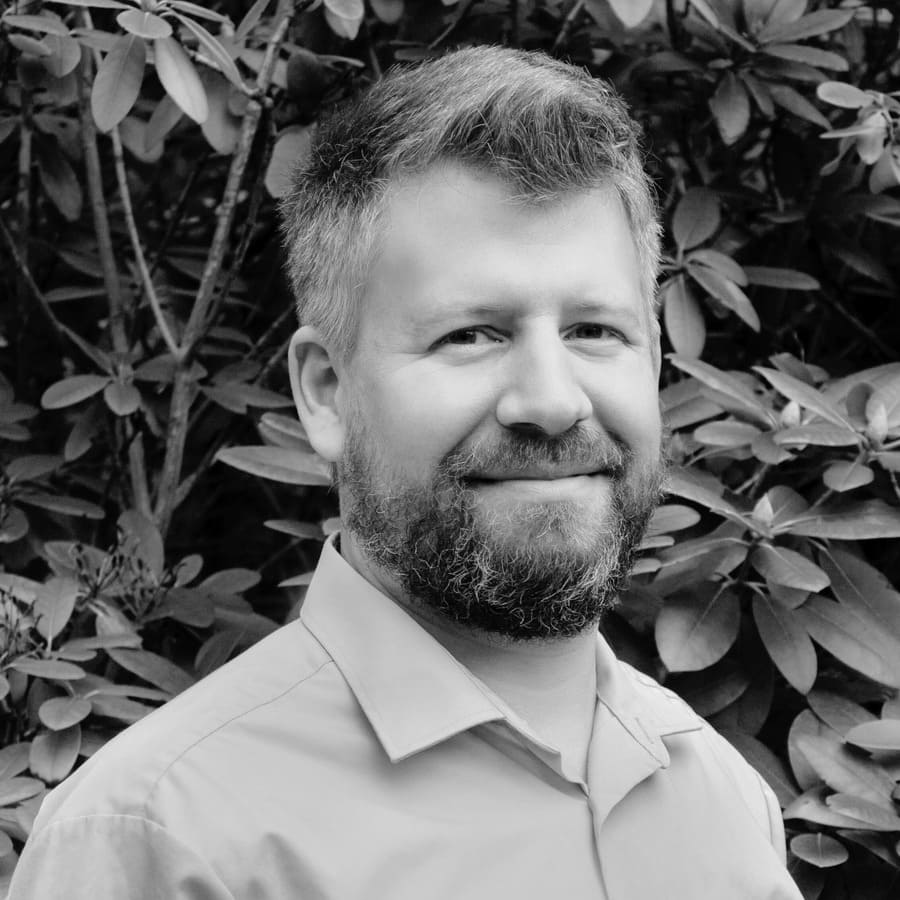
Dr. Arne Jung
Dr. Arne Jung is working as a researcher at the Clinic for Poultry of the University of Veterinary Medicine Hannover, Germany since 2005. He received his veterinary license in 2004, his doctoral degree in 2006 and finished his habilitation in 2022. Since 2015 he is diplomate of the European College of Poultry Veterinary Sciene. Until now, he has published more than 40 articles in peer reviewed scientific journals and has given more than 25 public talks at scientific conferences. His main research interest is bacterial diseases of poultry in genereal and Enterococcus cecorum (EC) associated disease in meat type chickens in particular. Currently he is working on projects dealing with EC immune answer and chicken genotype associated differences in susceptibility to EC.
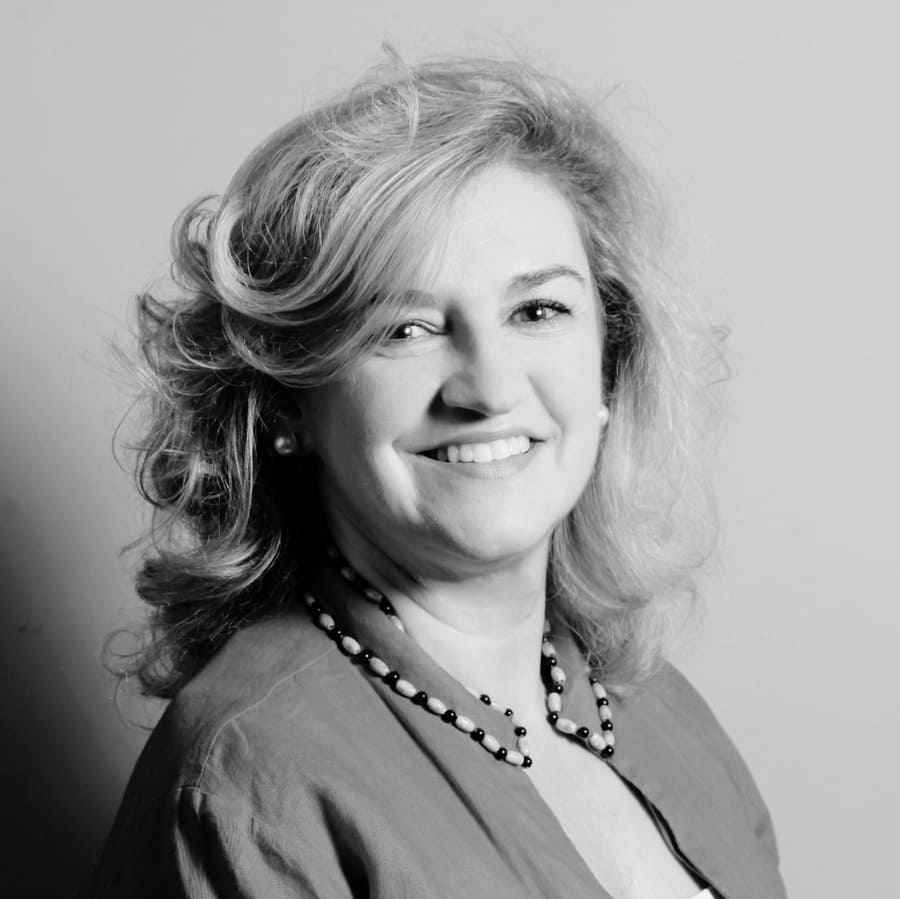
Dr. Ana Mª Lopez Sobaler
Pharmacy graduate with a PhD, serving as Professor of Nutrition and Food Science and Head of the Department of Nutrition and Food Science at Complutense University of Madrid (UCM). Teaches human nutrition across various programs including Pharmacy, Human Nutrition and Dietetics, and Food Science and Technology. Directs the Master’s program “Nutrition, Health and Women” and co-leads the UCM research group VALORNUT. Research focuses on nutritional status across diverse population groups and the impact of nutritional imbalances on physical and mental health. Involved in national-level projects in collaboration with AESAN, such as the ALADINO, ENALIA, and ENALIA2 Studies, offering key insights into childhood obesity and dietary habits in Spain. With over 200 publications, including scientific papers, reviews, and book chapters, she is actively engaged in the Spanish Society of Community Nutrition (SENC) and the National Academy of Nutrition and Food Sciences. Additionally, she serves on the Delegate Commission of the Advisory Council of the Spanish Institute for Egg Studies.
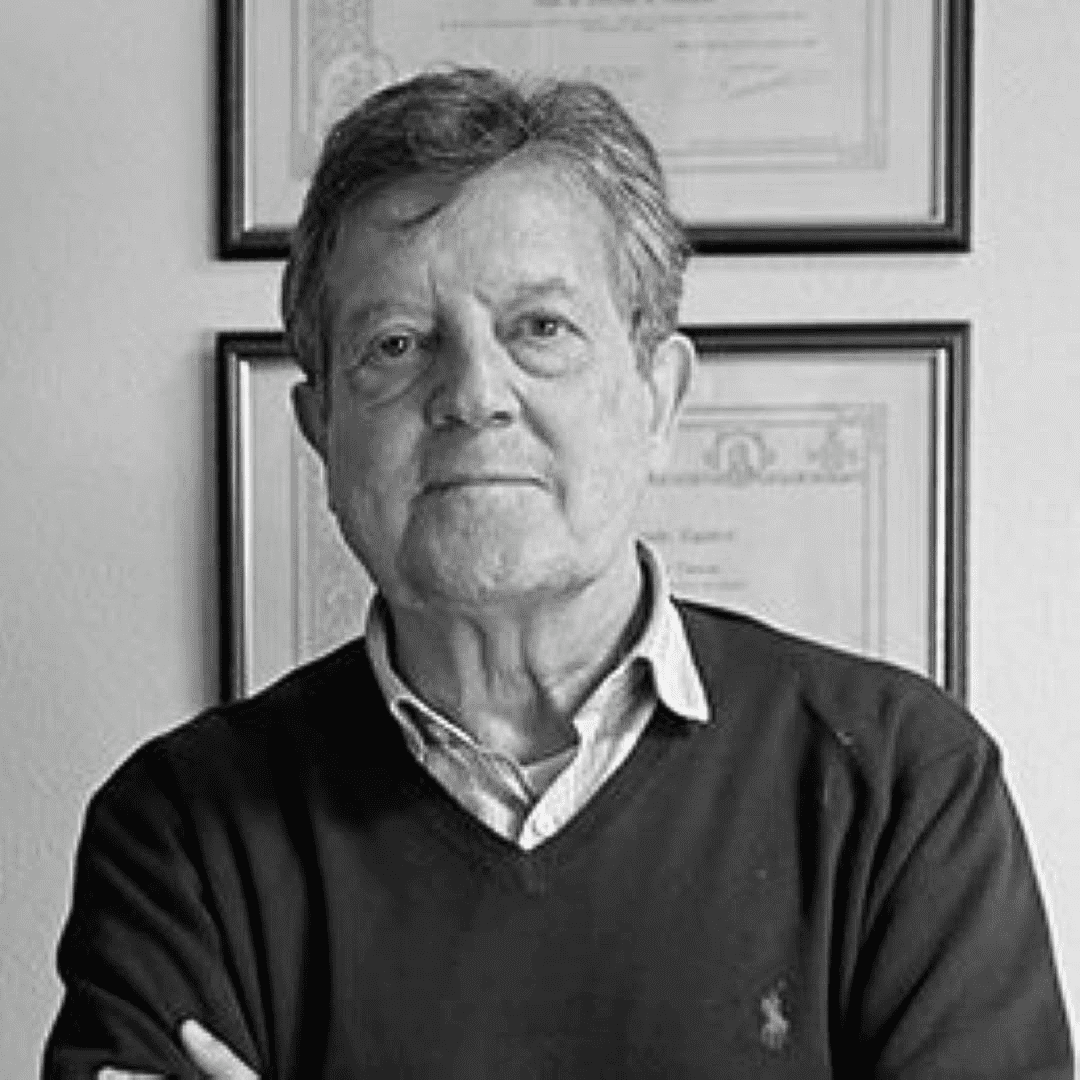
Dr. Gonzalo G Mateos
Gonzalo G. Mateos holds a BS in Animal Production for the Universidad Politécnica de Madrid, a PhD in Veterinary Science for the Universidad Autónoma de Barcelona, and a PhD in Animal Science (Poultry) and a post-doc position for Iowa State University. He has published 145 papers in SCI Journals and given more than 500 seminars, lectures, communications, and posters at International congresses in more than 40 countries. He was Editor in Chief of the Scientific Journal Animal Feed Science and Technology (2005-2013) and a member of the Editorial Board of Poultry Science and Animal Feed Science and Technology, in recent years.
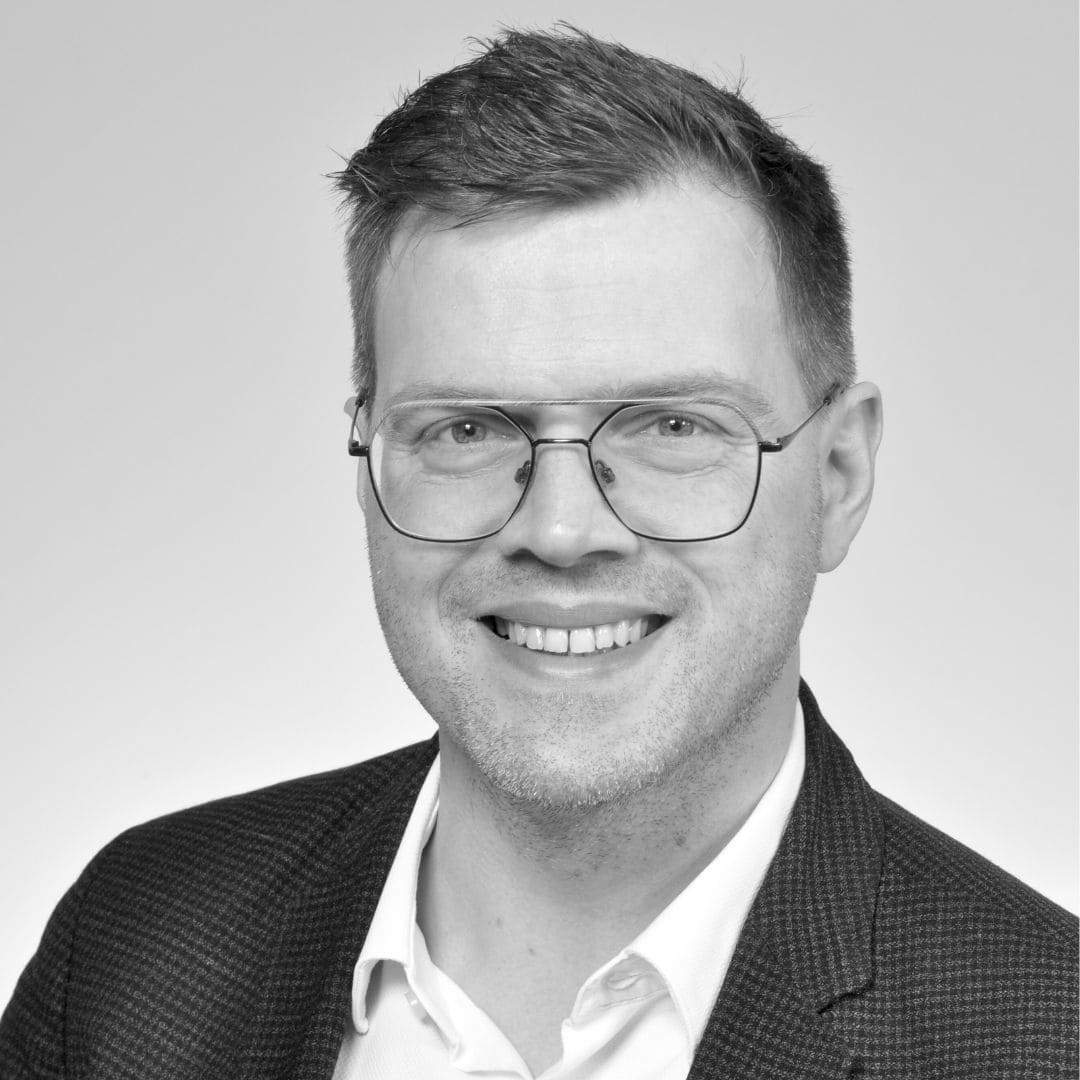
Dr. Robert Pieper
Robert finished his Masters degree in agriculture in 2005 at the University of Rostock, and also did his PhD there with focus on nutritional modulation of gut microbiota in monogastrics. He then spent some time as a postdoc at the Department of Animal and Poultry Science at the University of Saskatchewan, Canada before moving to the Institute of Animal Nutrition at the Freie Universität in Berlin in 2009. Since 2018, he is head of the unit ‘Feed and Feed Additives’ and since 2020 also provisional head of the Department ‘Safety in the Food Chain’ at the German Federal Institute for Risk Assessment (BfR). One of his current focusses is on the transfer of undesirable substances and contaminants from feed into foods of animal origin. He is working in several national and international projects related to this topic and has published more than 130 peer reviewed Journal Articles.
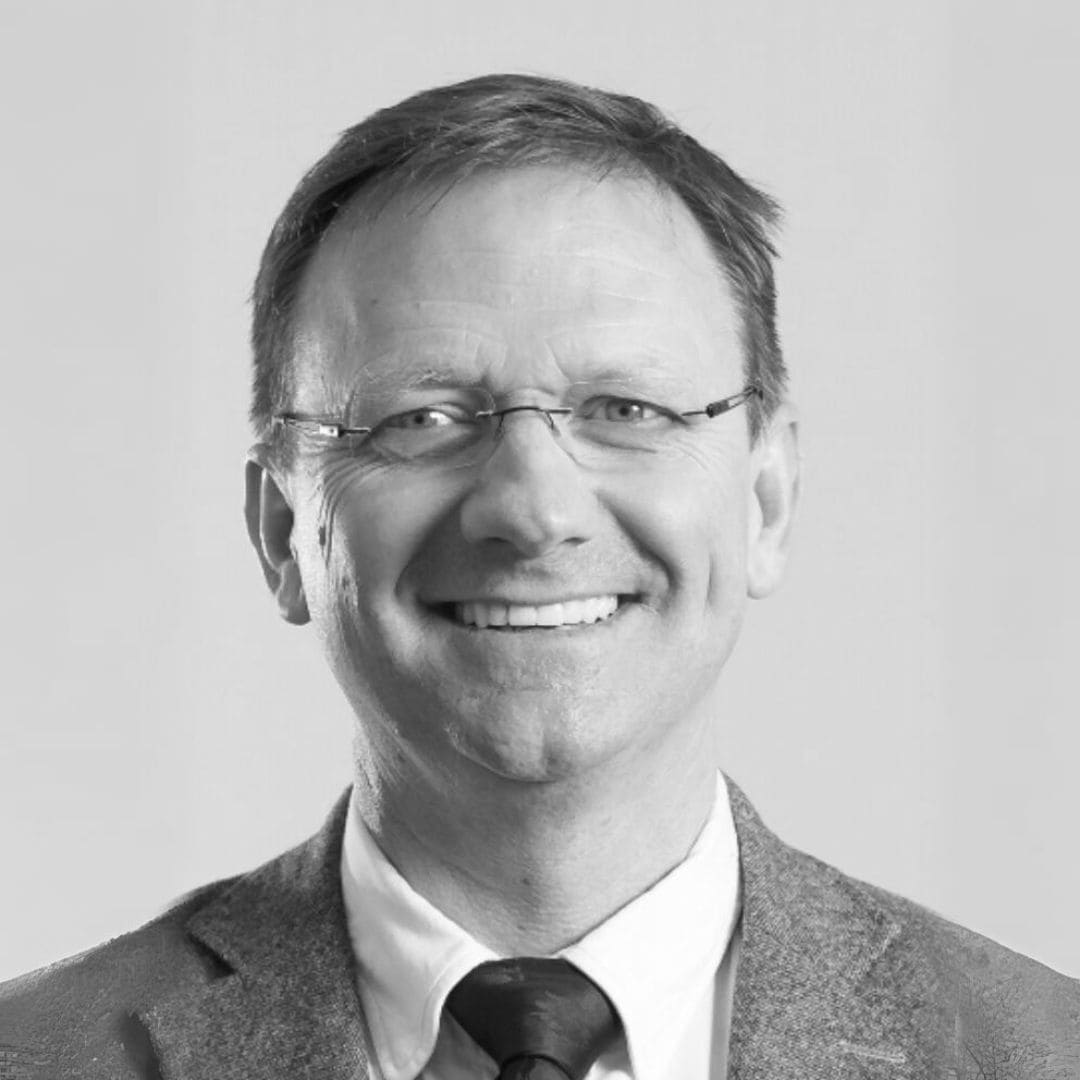
Javier Ramirez
Javier Ramirez, hailing from Valencia, Spain, grew up immersed in the poultry industry. He now serves as CEO of Global Layer Genetics within the Erich Wesjohann Group, overseeing strategic and operational aspects of the group’s layer breeding companies worldwide. With over three decades of experience in public health, veterinary medicine, nutrition, vaccine production, and breeding, all within the realm of layer poultry businesses, Ramirez has honed his expertise. His extensive background includes establishing and managing poultry breeding units across five continents, providing him with the seniority to adeptly navigate the challenges inherent in operational and trading activities within the industry.

Ms. Sandra Sevilla
Sandra Sevilla-Navarro, DVM, PhD, ECPVS Dipl., serves as Project Manager at the Centro de Calidad Avícola y Alimentación Animal de la Comunidad Valenciana (Spain), specializing in veterinary medicine. She earned her degree from CEU Cardenal Herrera University in 2016 and was awarded an International and Industrial Doctoral PhD in 2020, receiving the Extraordinary Doctorate Award. Sevilla-Navarro became a European Diplomate of the European College of Poultry Veterinary Science in 2023. During her predoctoral tenure, she conducted research stays at INRA in Tours, France, and the University of Loughborough, UK, focusing on phage therapy. Her current research involves collaborations with the agri-food sector, particularly on using bacteriophages to control pathogens in poultry and swine production. She leads regional and national projects, including European Horizon 2020 initiatives like PhagoVet and Netpoulsafe, aiming to enhance biosecurity and reduce antibiotic use in animal production. Sevilla-Navarro has published extensively, contributed to research agreements, and presented at national and international congresses. Additionally, she serves as an Associate Professor of Poultry Infectious Disease at UCH-CEU University and contributes to various master’s programs, supervising final projects and doctoral theses.
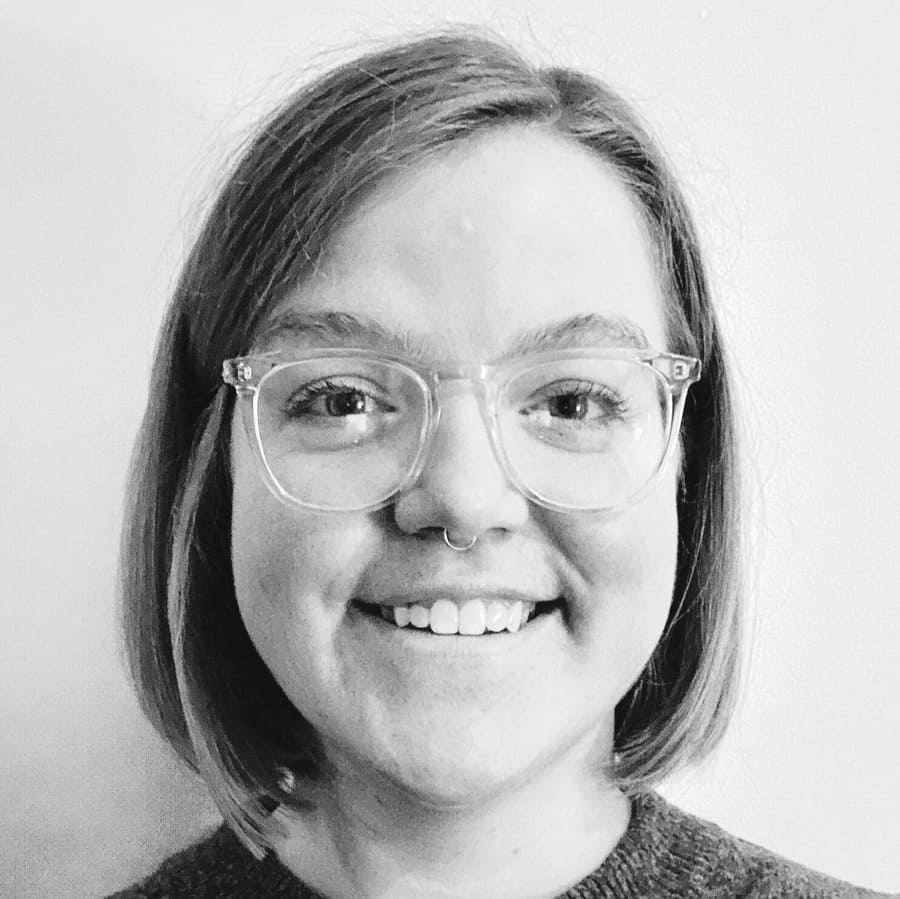
Dr. Sarah Struthers
Sarah Struthers is currently a Postdoctoral Research Fellow at the Roslin Institute (University of Edinburgh). Although initially terrified of chickens, she completed her MSc in 2018 with Dr. Karen Schwean-Lardner at the University of Saskatchewan. Her MSc research investigated the effects of infrared beak treatment on production, welfare, and behaviour traits in laying hens. She then moved to Scotland where she completed her PhD in June 2023 at the Roslin Institute and Scotland’s Rural College under the supervision of Dr. Jeffrey Schoenebeck, Dr. Vicky Sandilands, and Prof. Ian Dunn. Her PhD focused on characterising the pre-existing variation in beak shape that occurs within layer hen breeding flocks and identifying which beak shapes cause the least damage when hens engage in feather pecking behaviour. Following on from this, Sarah is currently investigating the molecular, cellular, and genetic determinants of natural beak shape during early embryonic development in laying hens.
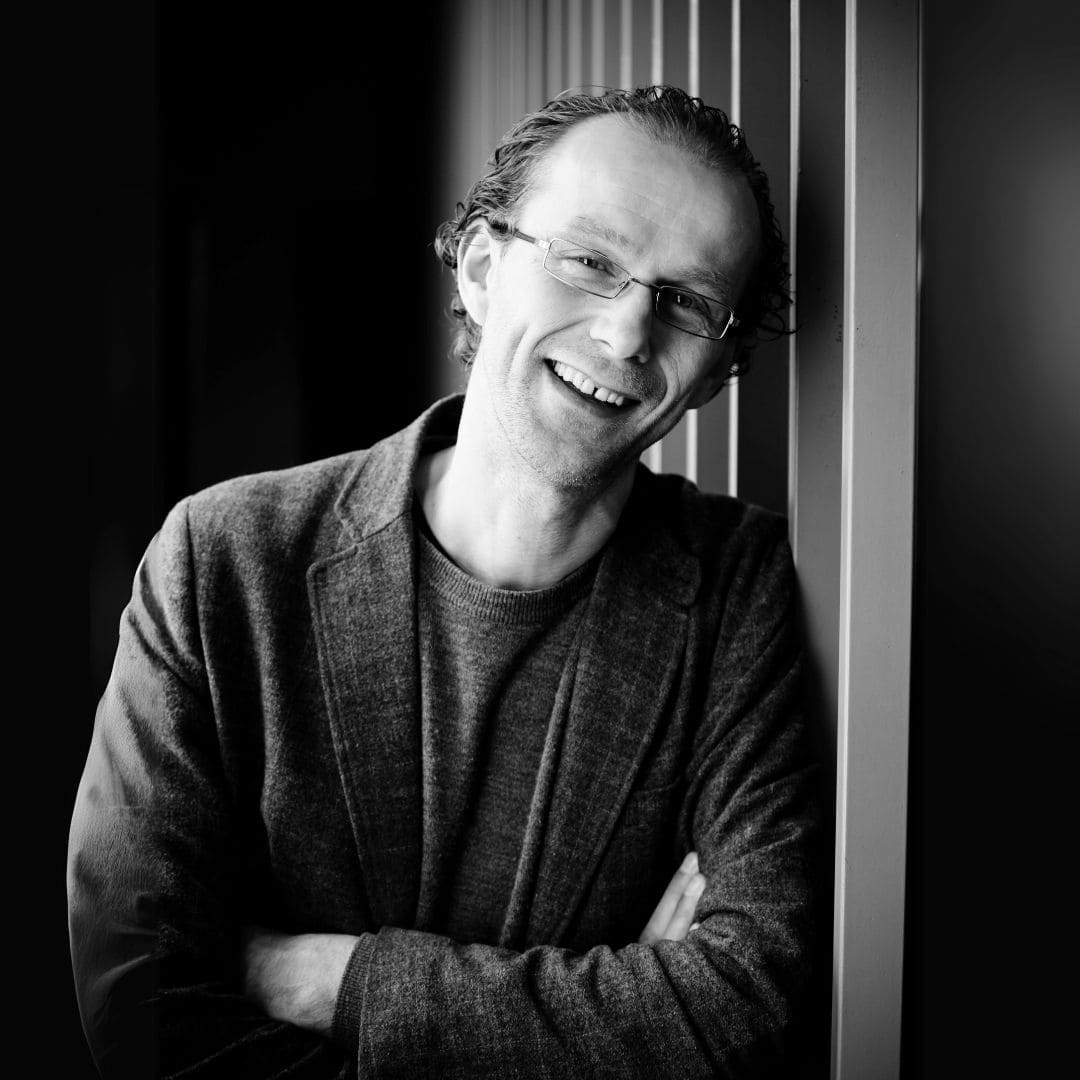
Dr. Birger Svihus
Birger Svihus graduated from the Agricultural University of Norway in 1991 with a degree in Animal Science, and completed his PhD in Poultry Nutrition at the same University in 1997. He is currently a Professor with the Faculty of Biosciences, Norwegian University of Life Sciences, Norway. He is the author or co-author of around 90 peer-reviewed scientific papers (H-index 37) and is the author of or contributor to several books (including three within human nutrition), and numerous invited conference papers. His scientific work in poultry nutrition has mainly been within the area of cereal fibre and starch, feed technology, digestive tract function and feeding systems. He had a leading role in the organisation of the 14th European Symposium on Poultry Nutrition (2003) and the 14th European Poultry Conference (2014), organized under the auspices of World’s Poultry Science Association (WPSA). He was the president of the Norwegian branch of WPSA from 1996 to 2009 and the president of the European Federation of WPSA from 2014 to 2018. From 2015 through 2022, he was Editor-in-Chief in British Poultry Science from 2016 through to 2021.
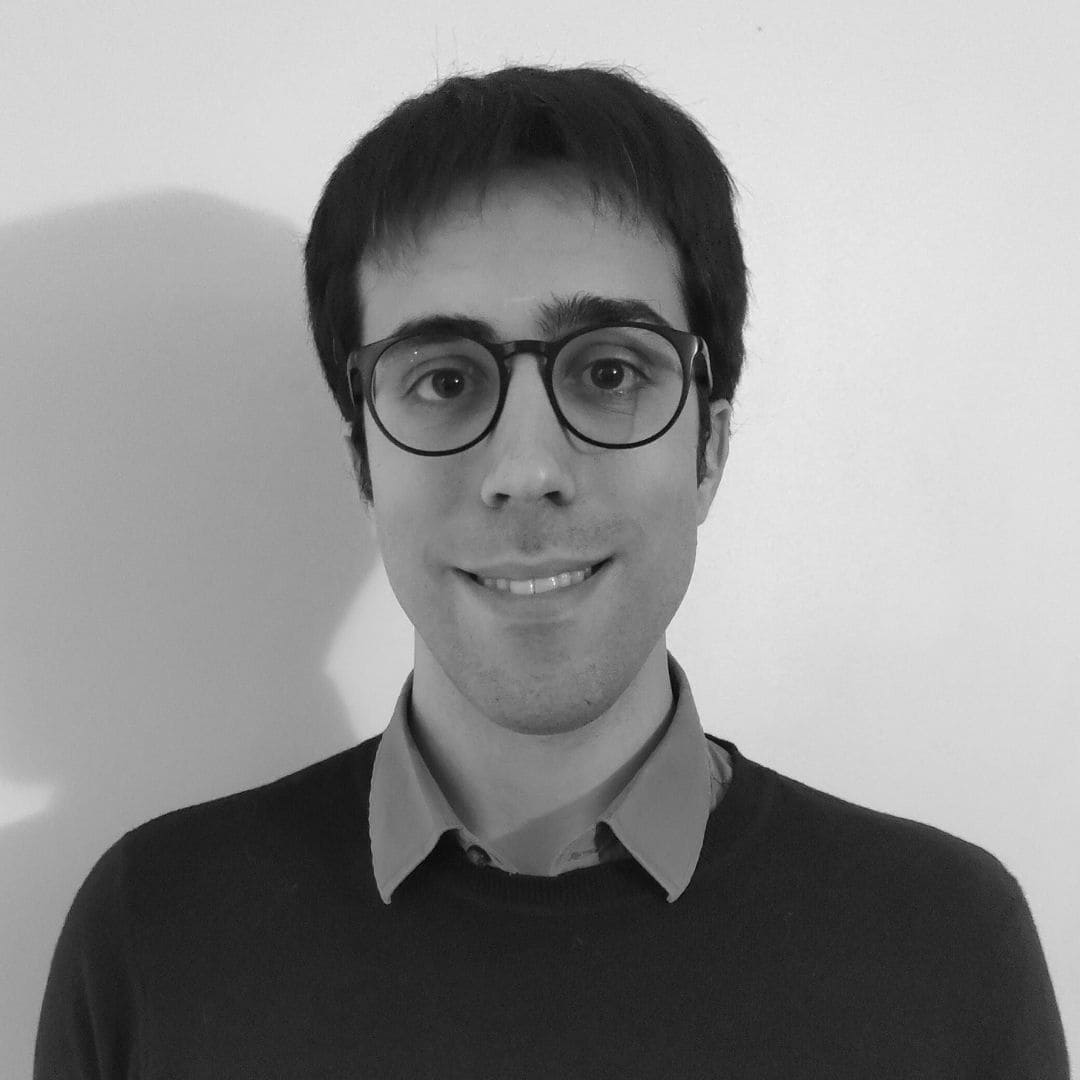
Mr. Ferran Tarrés-Freixas
Ferran Tarrés-Freixas graduated in Biomedical Sciences from Universitat Autònoma de Barcelona in 2014 and holds an MSc in Drug Design and Biomedical Sciences from Edinburgh Napier University. He obtained his PhD in Advanced Immunology from Universitat Autònoma de Barcelona and IrsiCaixa AIDS Research Institute in 2021, focusing on Virus-Like Particles as an HIV vaccine platform. As a postdoctoral researcher at IRTA-CReSA since June 2022, he studies avian influenza virus transmission, pathogenicity, and viral dynamics. He contributes to the FARMBANK project, led by Dr. Júlia Vergara-Alert and Dr. Karl Kochanowski, focusing on establishing an organoid biobank from farm animals in Spain to assess viral tropism and susceptibility and screen for treatments. Tarrés-Freixas is also an Associate Professor in biotechnology at Universitat de Vic – Universitat Central de Catalunya since September 2023, specializing in organoid-based research methods.
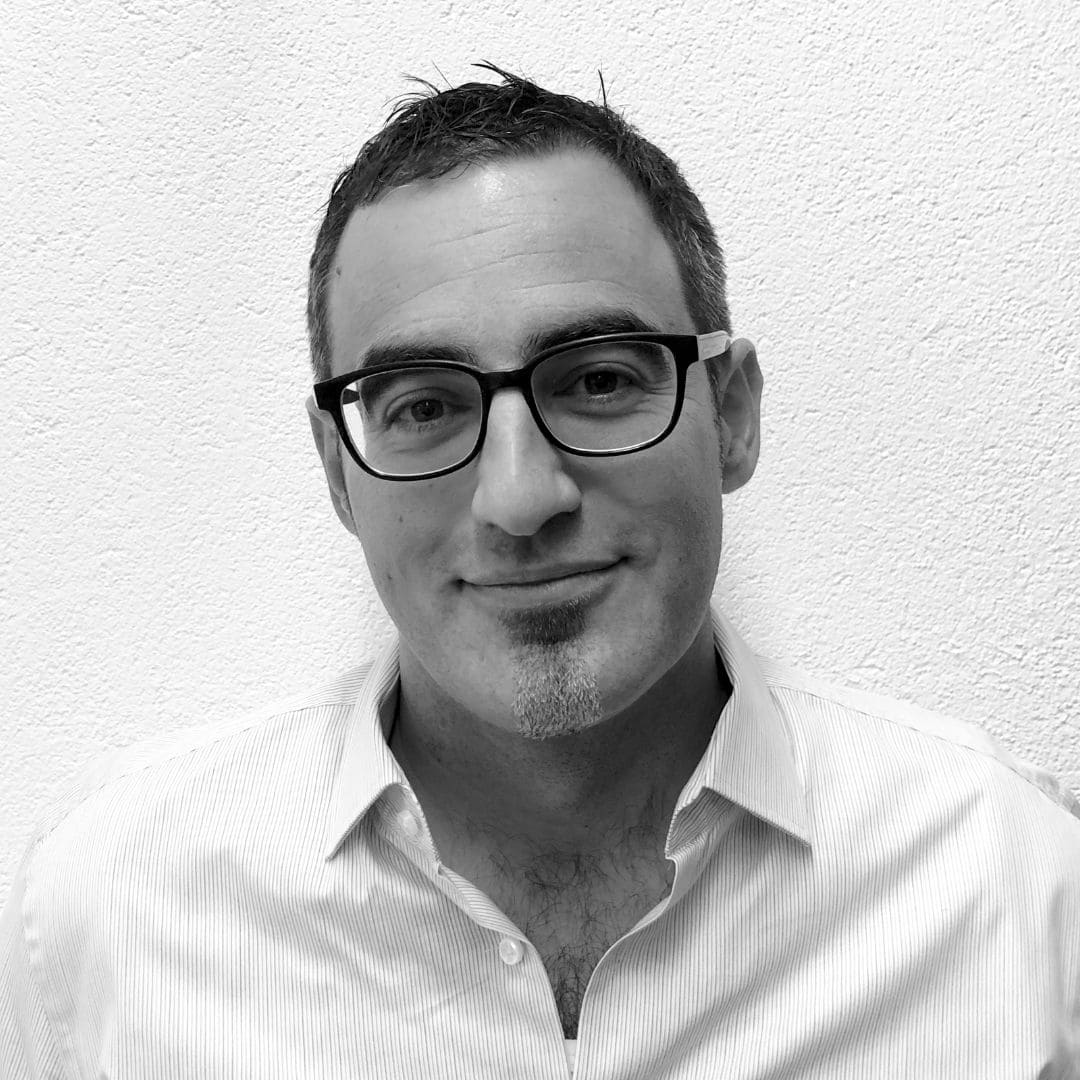
Dr. Michael Toscano
Dr. Toscano, Group Leader at the University of Bern’s Center for Proper Housing of Poultry and Rabbits, earned his PhD from Purdue University in the United States. Since 2013, he has led research in Switzerland, following seven years of postdoctoral work at the University of Bristol, UK. With over $30 million in funding from Swiss, US, and EU sources, his research encompasses poultry and rabbit welfare and housing. He excels in behavior, physiology, and management studies. Dr. Toscano has played key roles in EU-COST Actions, focusing on Livestock Phenomics and coordinating keel bone fracture research. His work includes using sensor technology to understand animal behavior and improve breeding for cage-free systems. Noteworthy projects address feeder space, hen depopulation, and behaviors like piling and toe pecking. He received the Poultry Welfare Research Award from the Poultry Science Association in 2016. Dr. Toscano collaborates with industry partners and actively teaches, edits for Poultry Science, and engages with animal science and welfare societies worldwide.
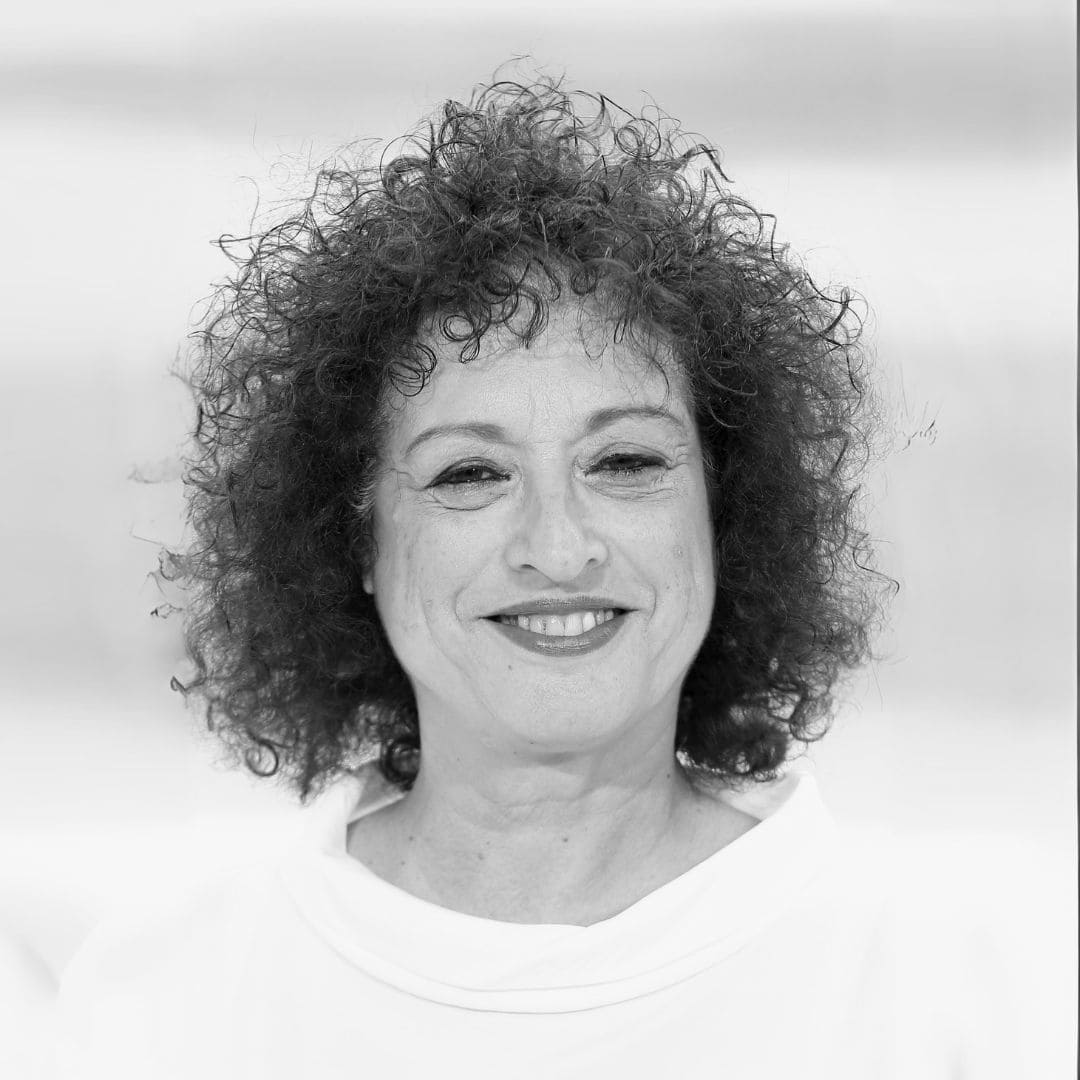
Dr. Zehava Uni
An Israeli professor and head of the Animal Science department at Hebrew University, with expertise in poultry immune-genetics. Holds degrees from Hebrew University and completed post-doctoral work at Cornell Veterinary School. Pioneered research in poultry nutrition, particularly in digestive physiology. Focus areas include small intestine development, in ovo feeding, taste receptors in the gastrointestinal tract, and nutrient impact on gut integrity. Actively involved in teaching, supervising students, and industry seminars globally. Adjunct-Professor at North Carolina State University. Published extensively and holds patents in in-ovo feeding. Holds key roles in Israeli Poultry Science Branch, European Poultry Nutrition group, and World Poultry Science Association. Established fruitful collaborations with researchers and industries worldwide.
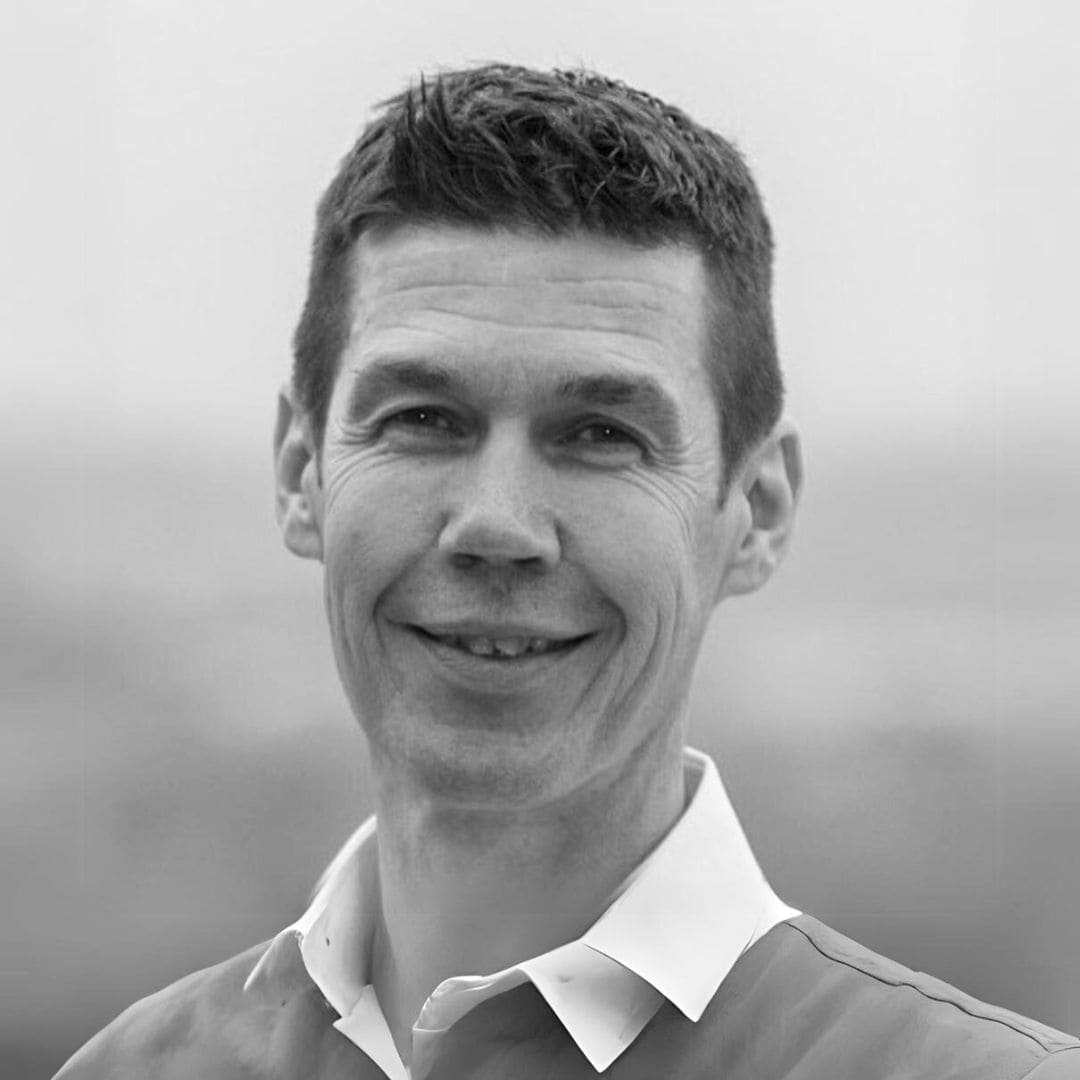
Mr. Sijne Van der Beek
Sijne van der Beek is the Chief Technology Officer of Global Layer Genetics, part of the EW Group. He oversees the Research, Innovation and Breeding Program activities of the layer genetic companies that are part of the EW group. Throughout his career in several roles in the animal breeding industry, he has been dedicated to innovations that lead to improved lives of farm animals, of farmers and of people across the world. He is honoured that today he can do this as part of a globally leading company active at the start of the egg production supply chain.
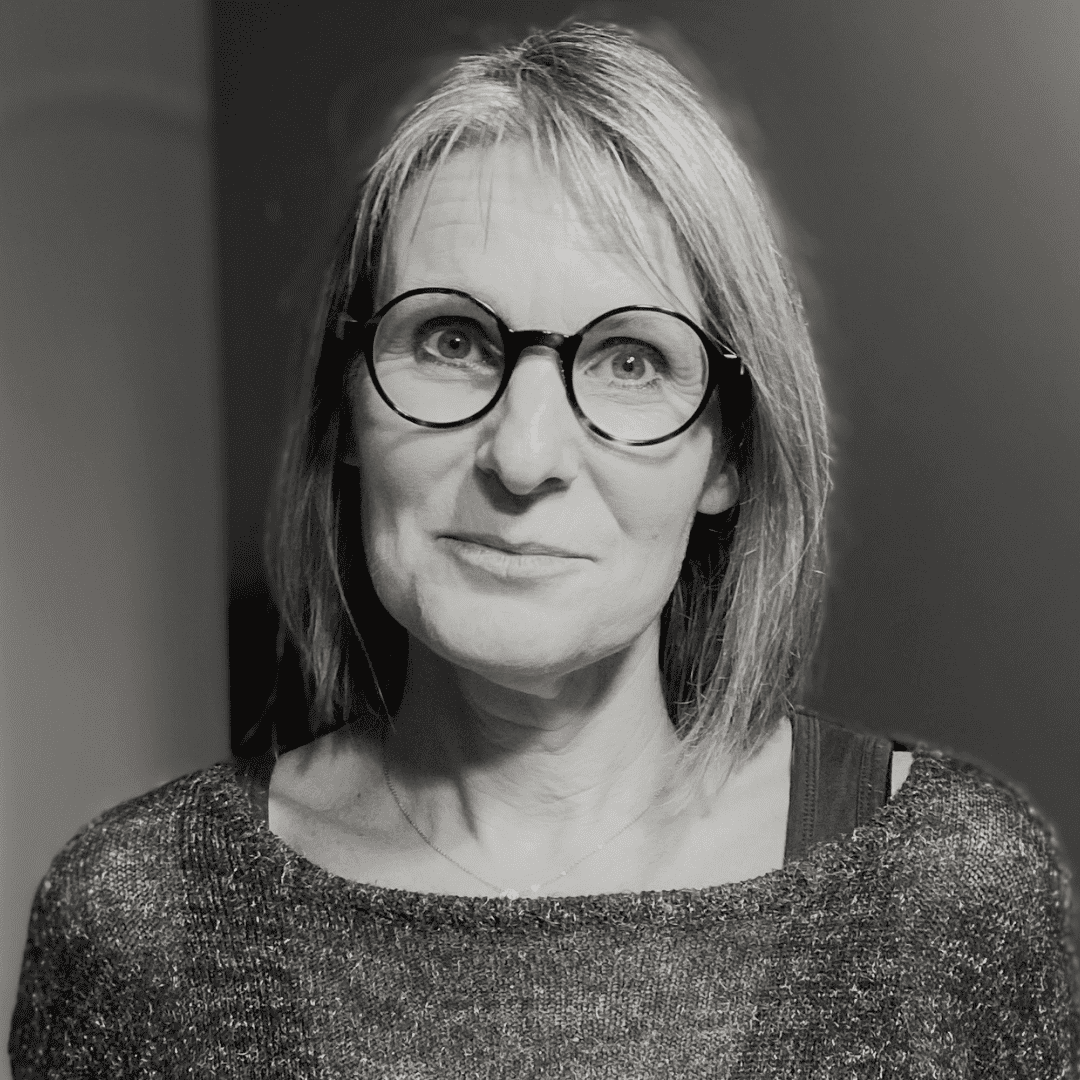
Dr. Cécile Berri
Cécile Berri is Director of Research at the French Research Institute for Agriculture, Food and the Environment (INRAE). She has 30 years’ experience in animal and food sciences. She specializes in poultry meat quality and has focused her research on the impact of farming and selection practices on growth and muscle metabolism in relation to sensory and technological traits. Since 2017, she has headed the Bird Biology and Aviculture joint research unit (BOA), which conducts integrated research into the biology of farmed birds, from the molecular level to that of the animal in its environment (https://www6.val-de-loire.
